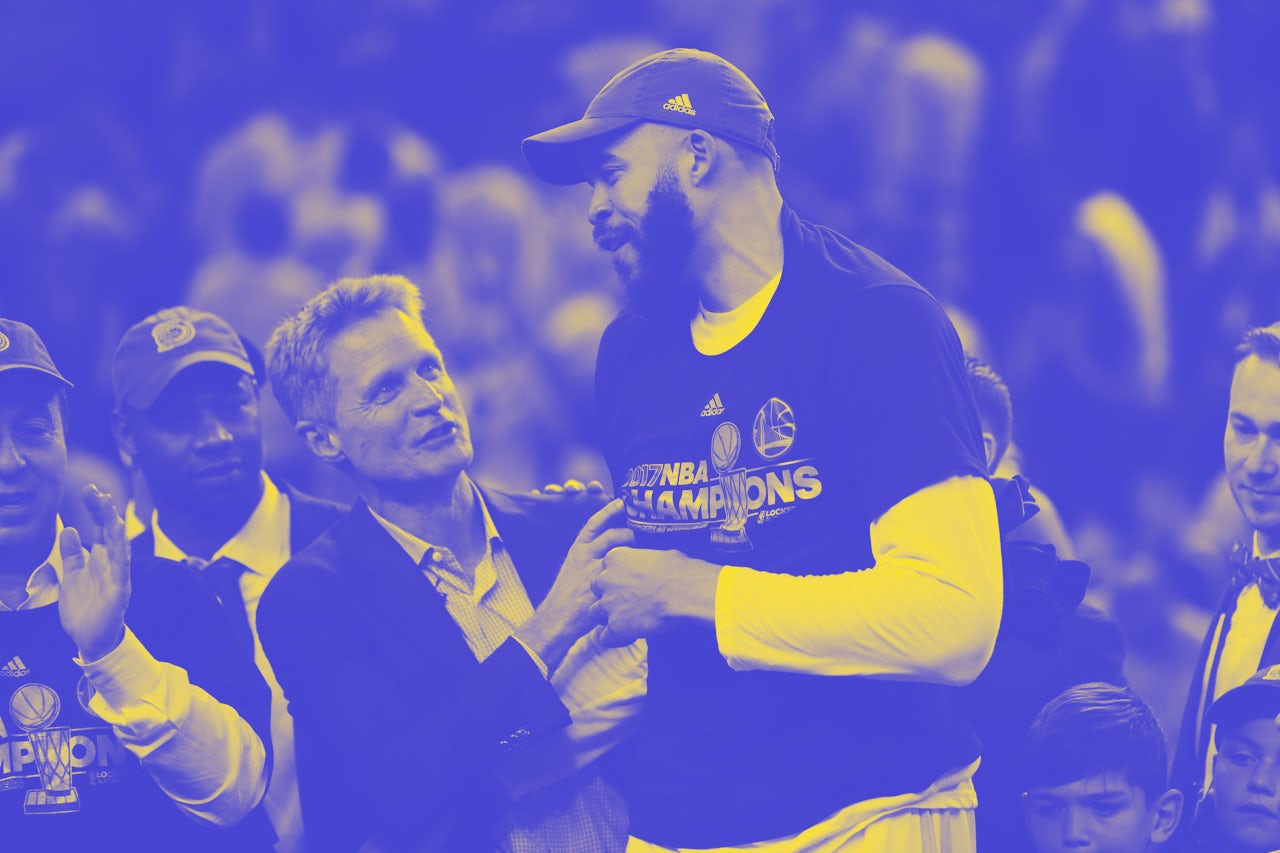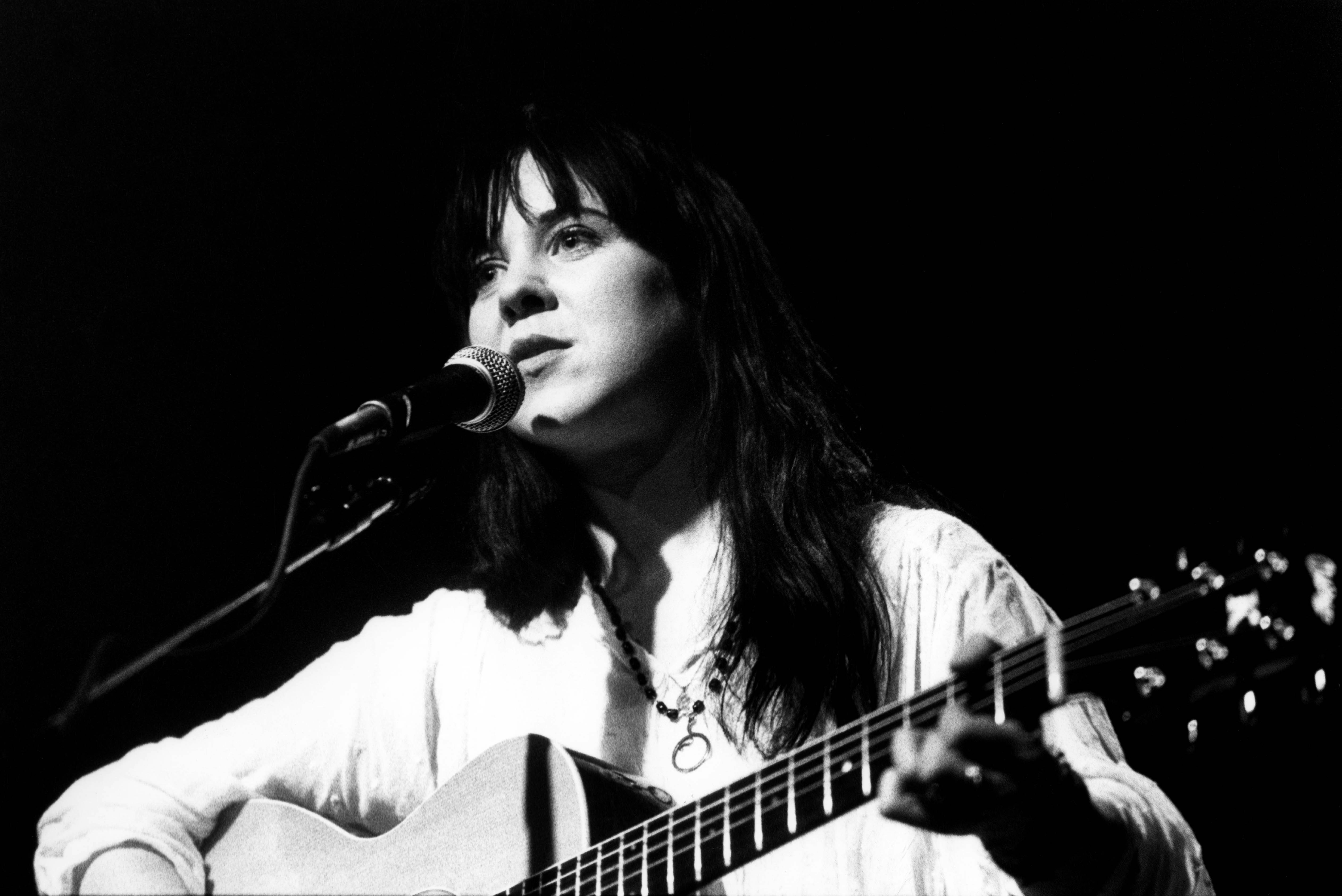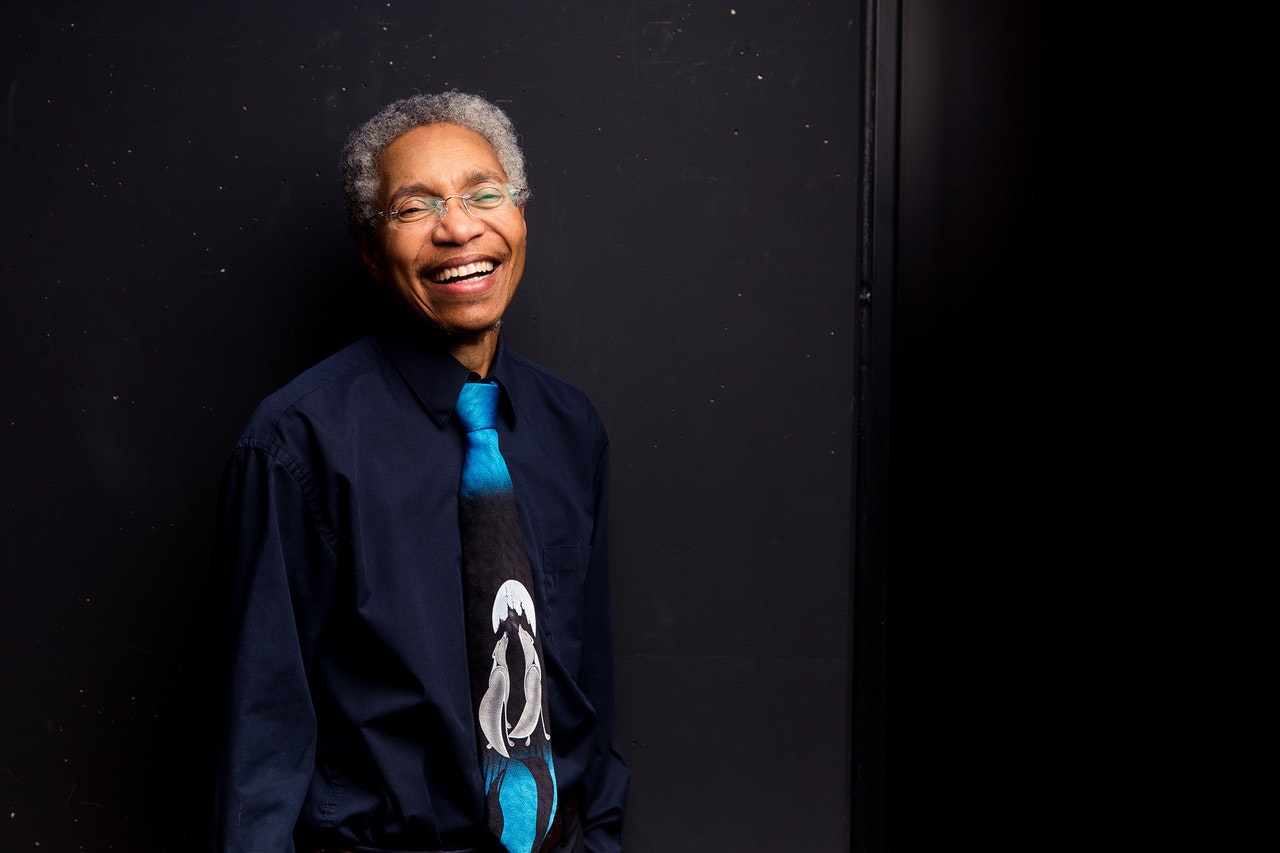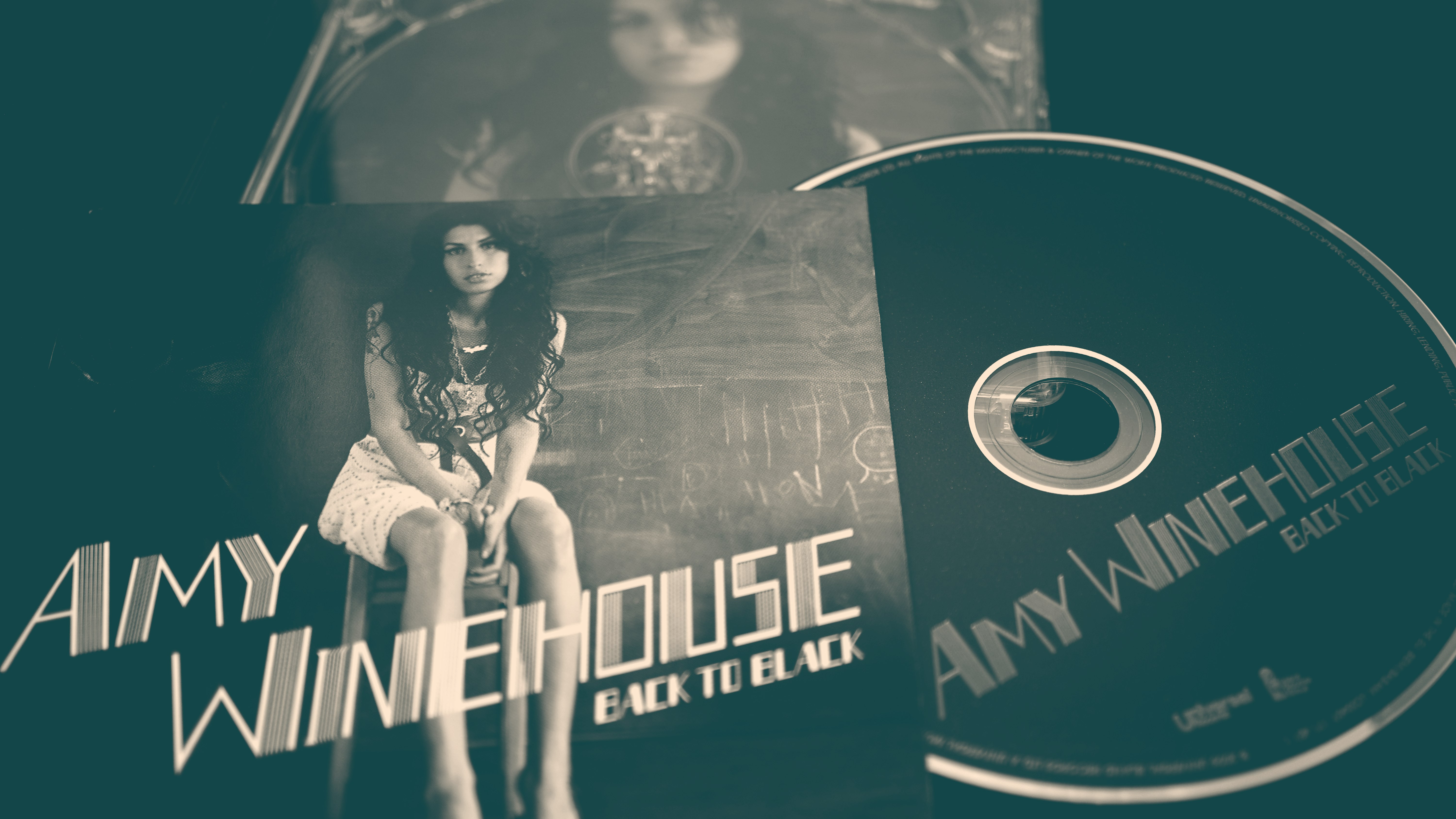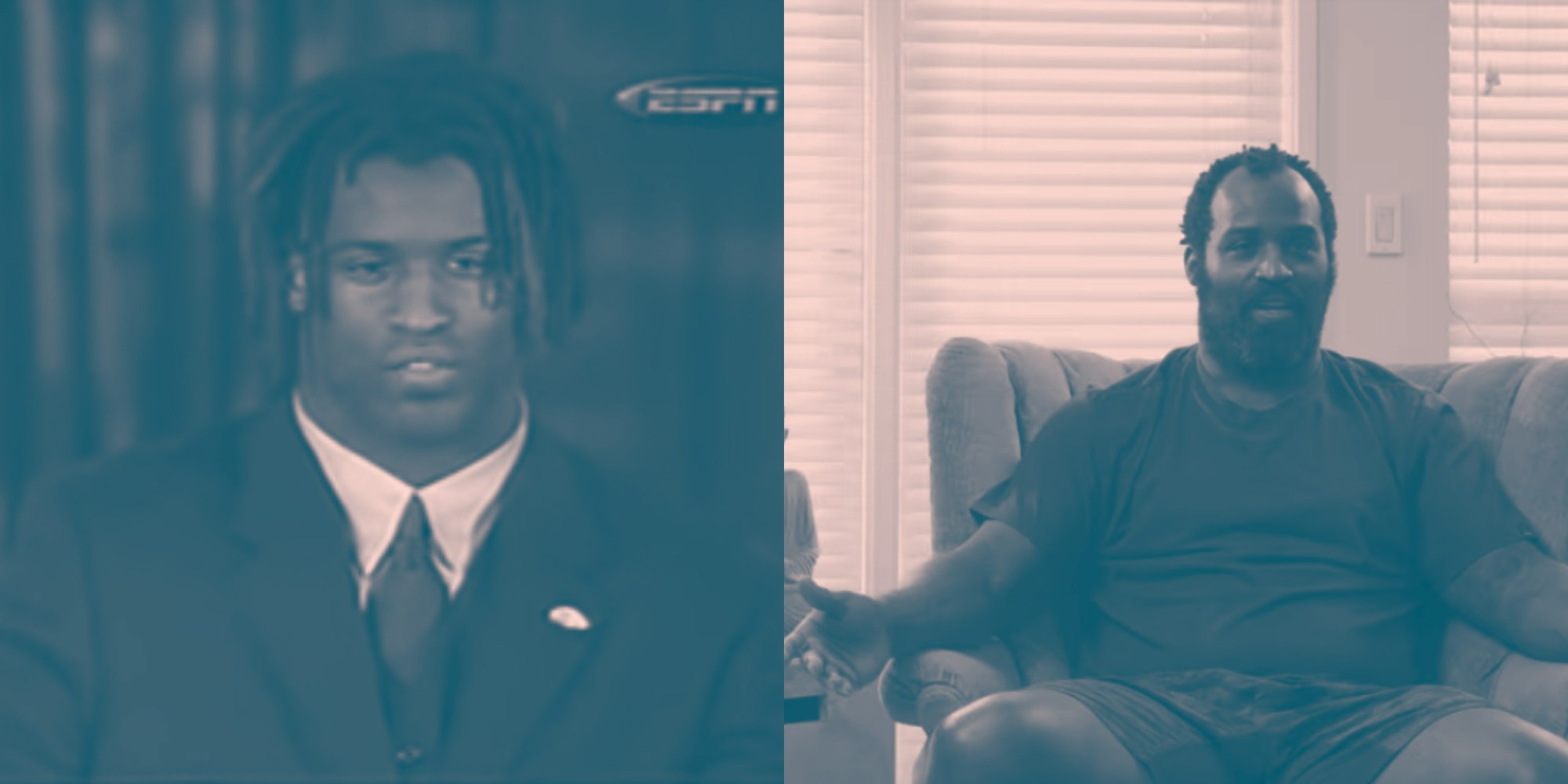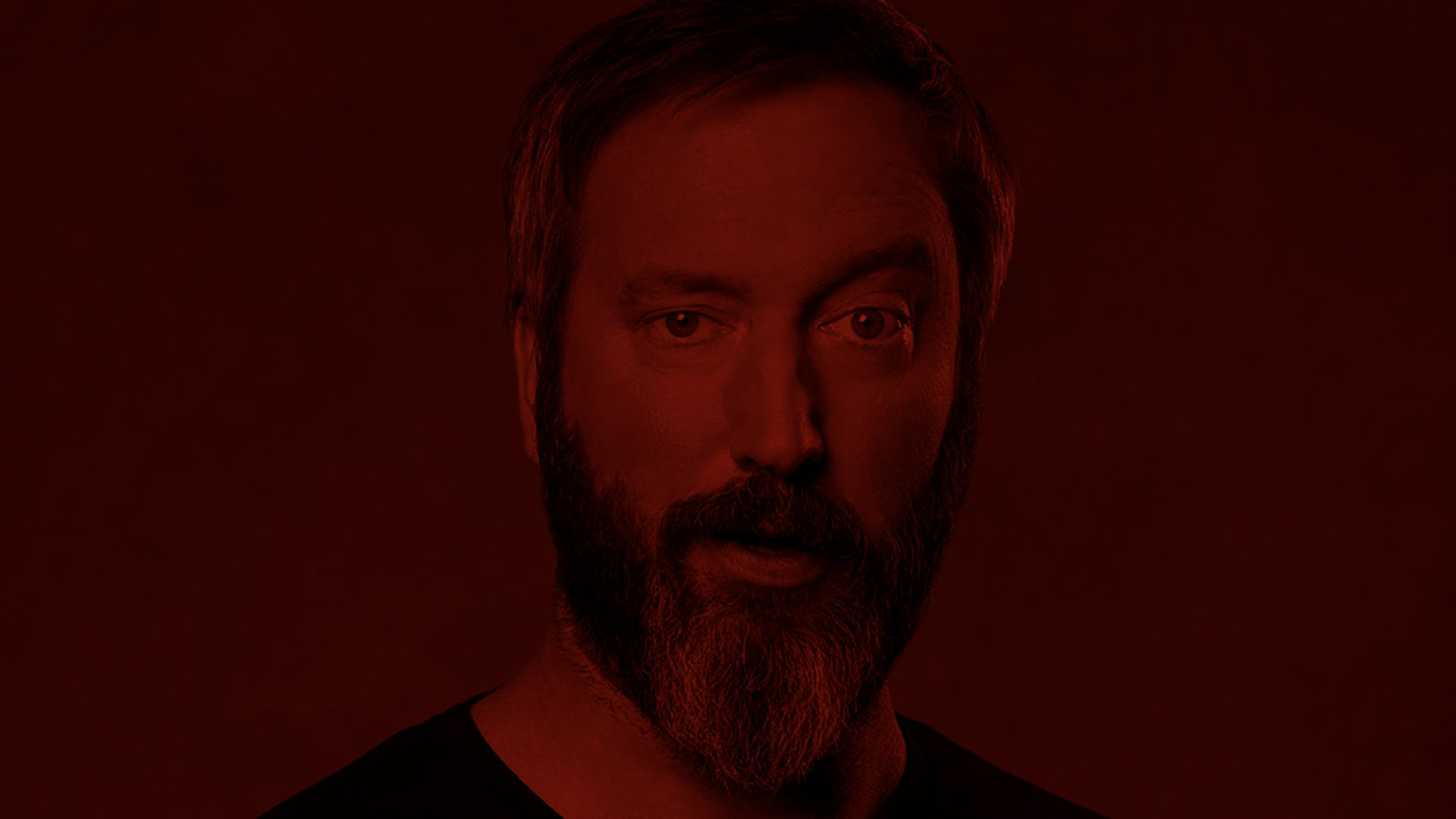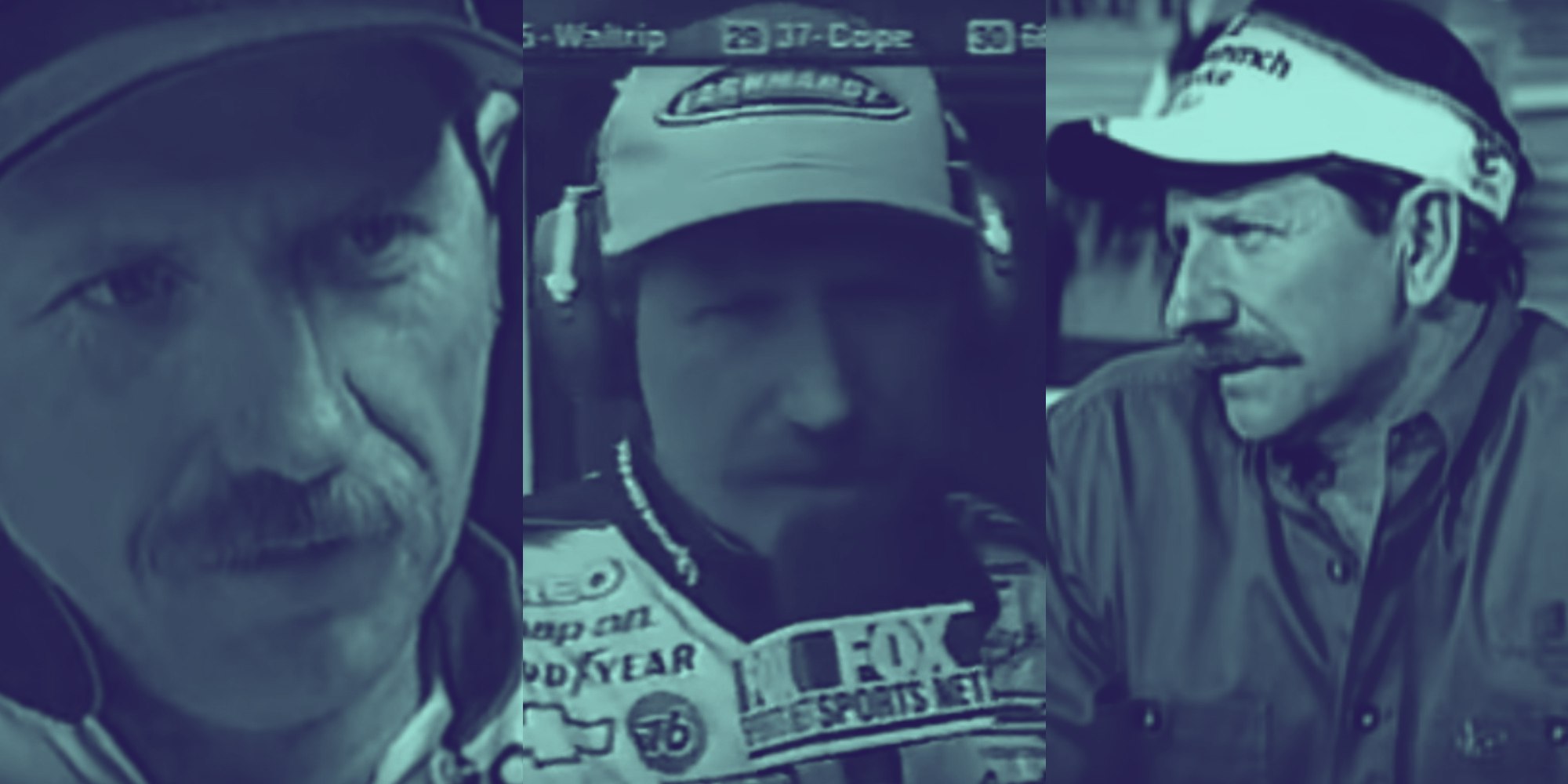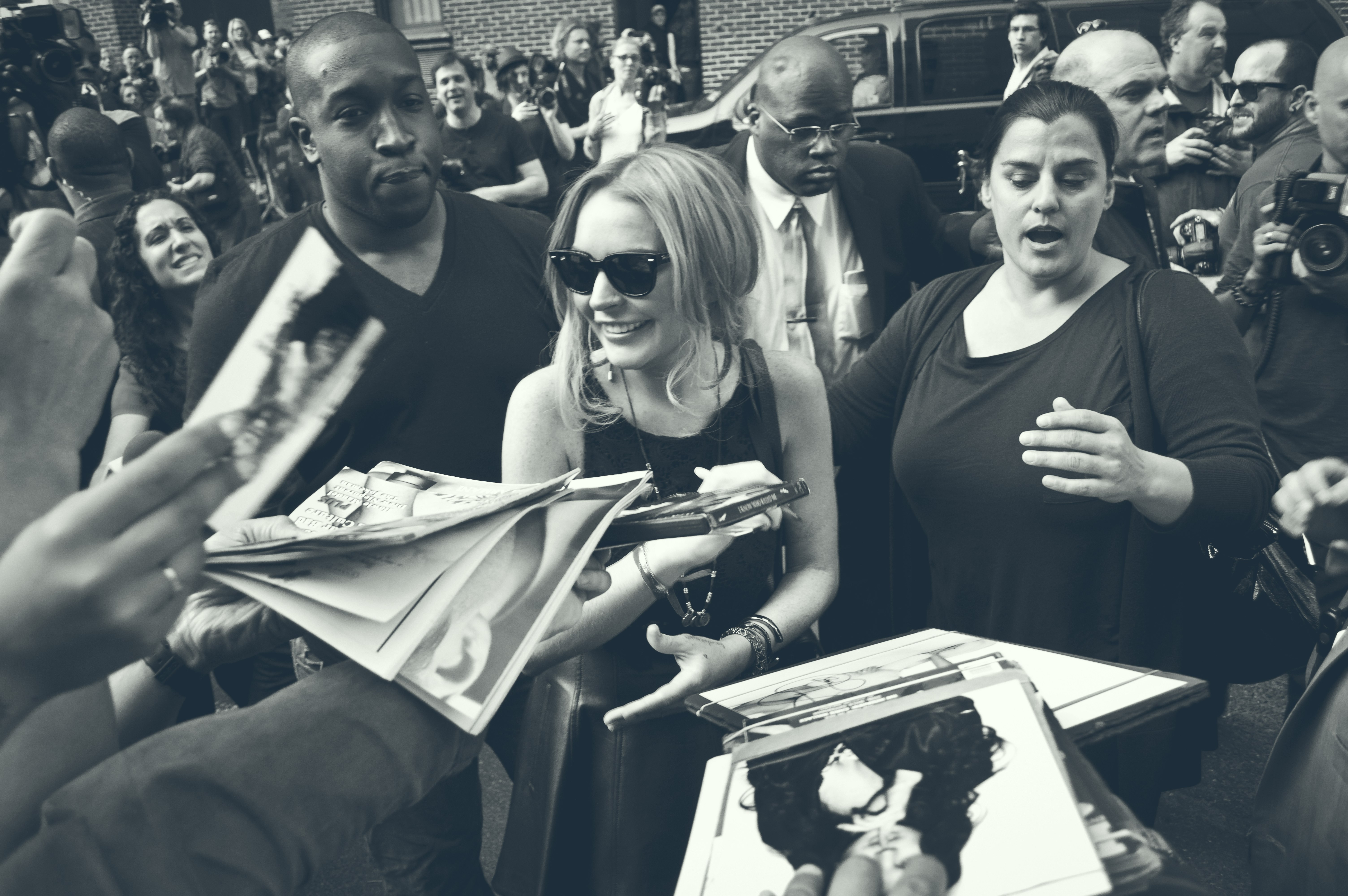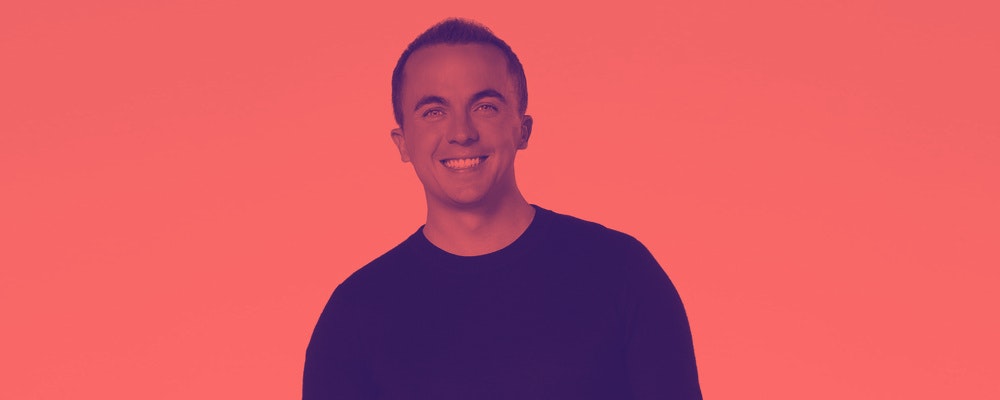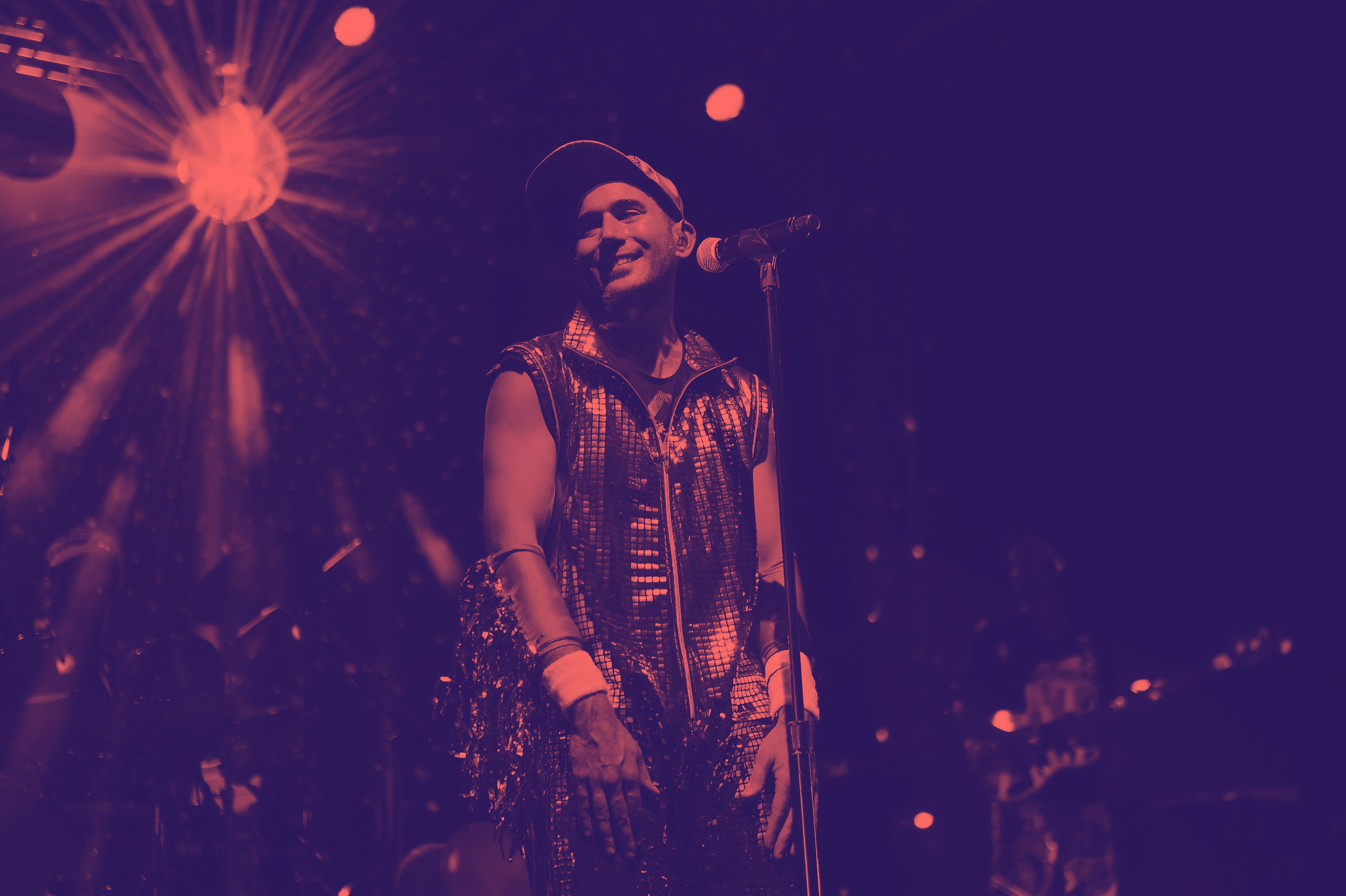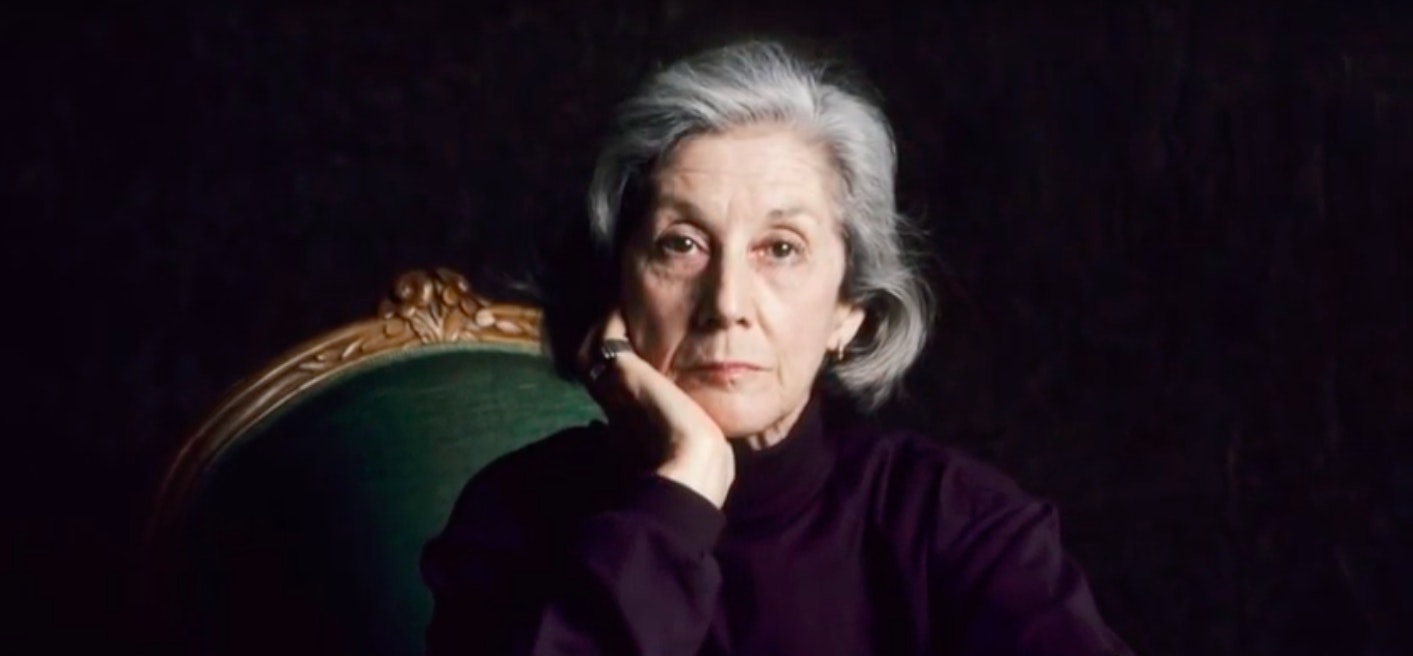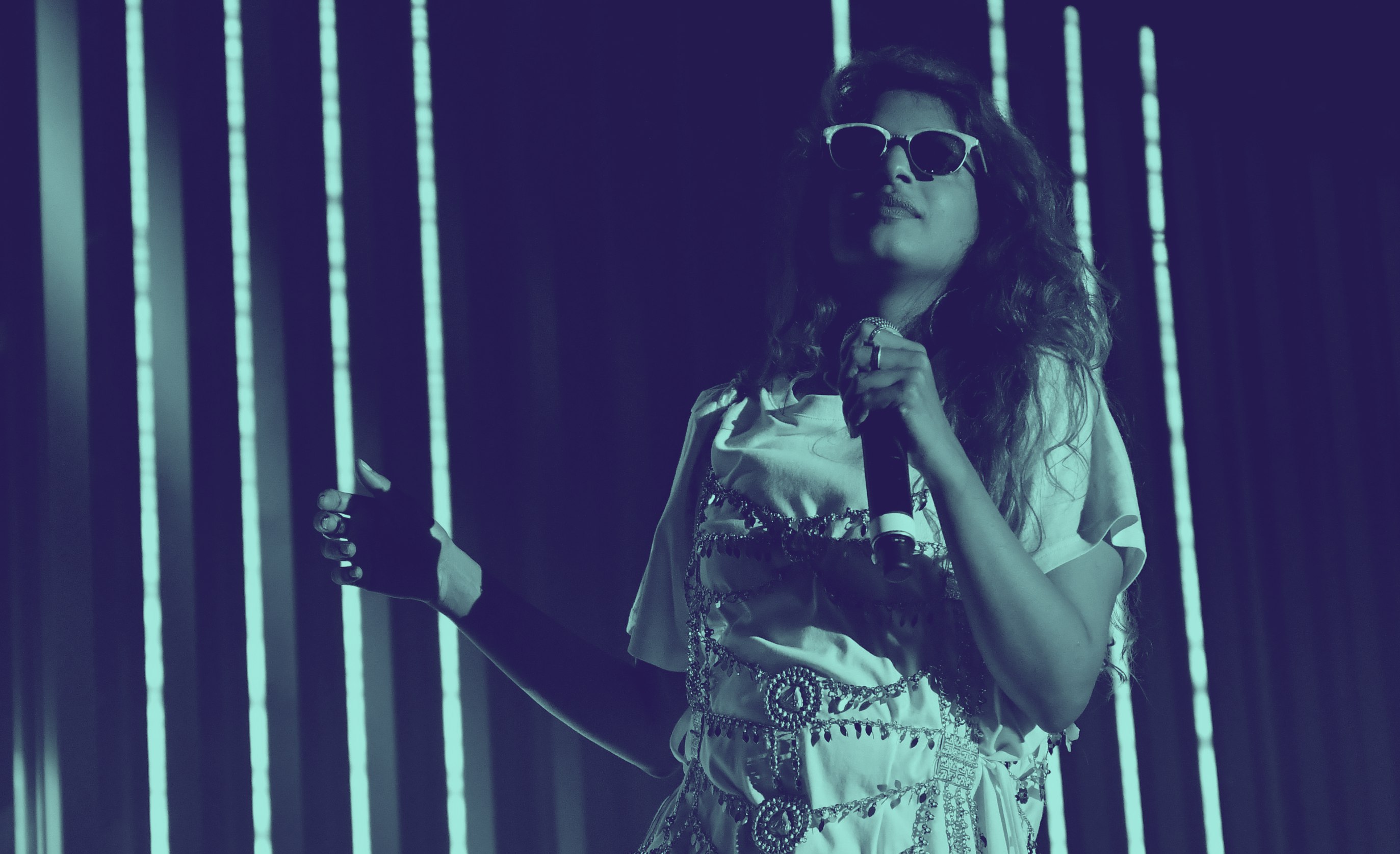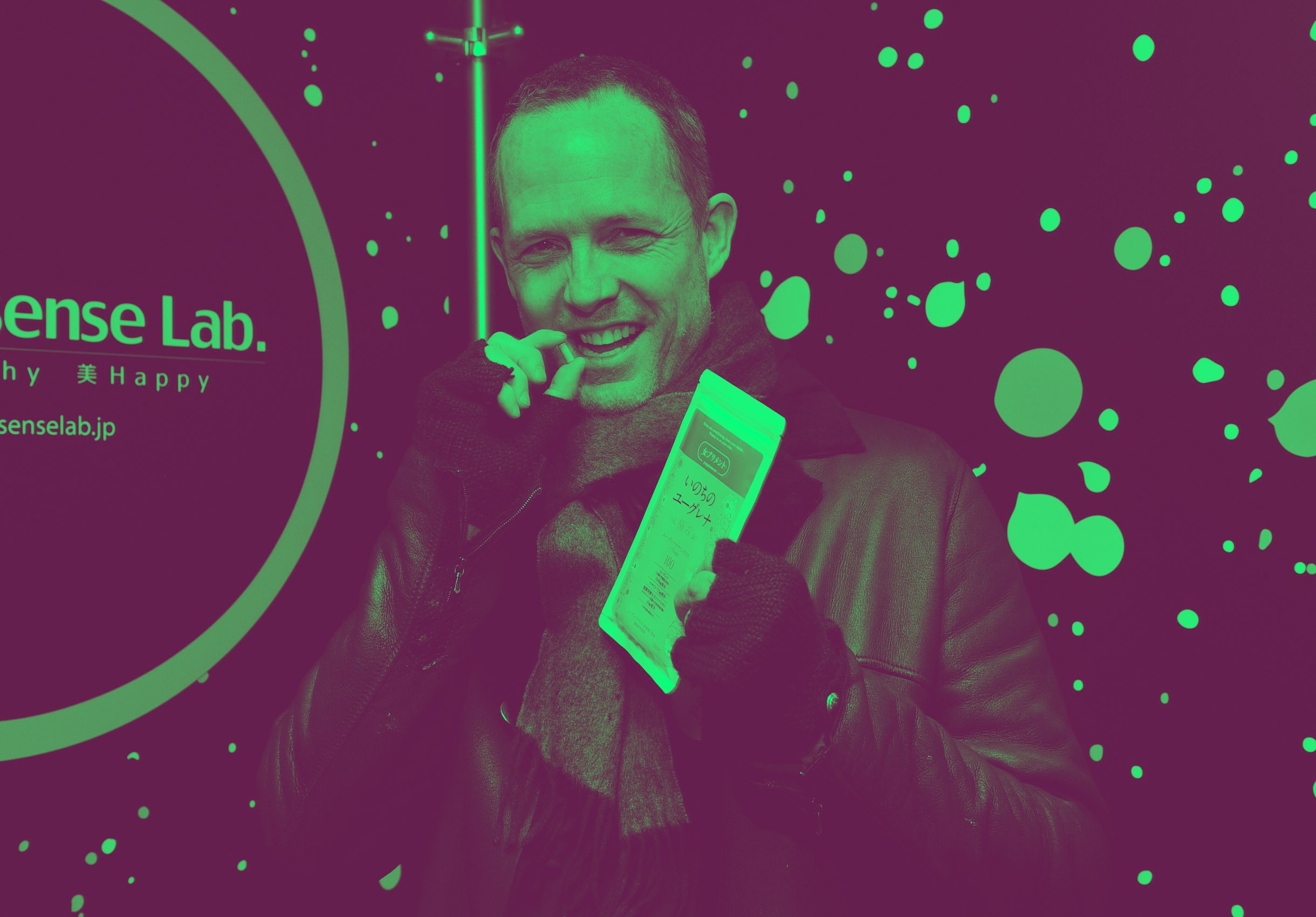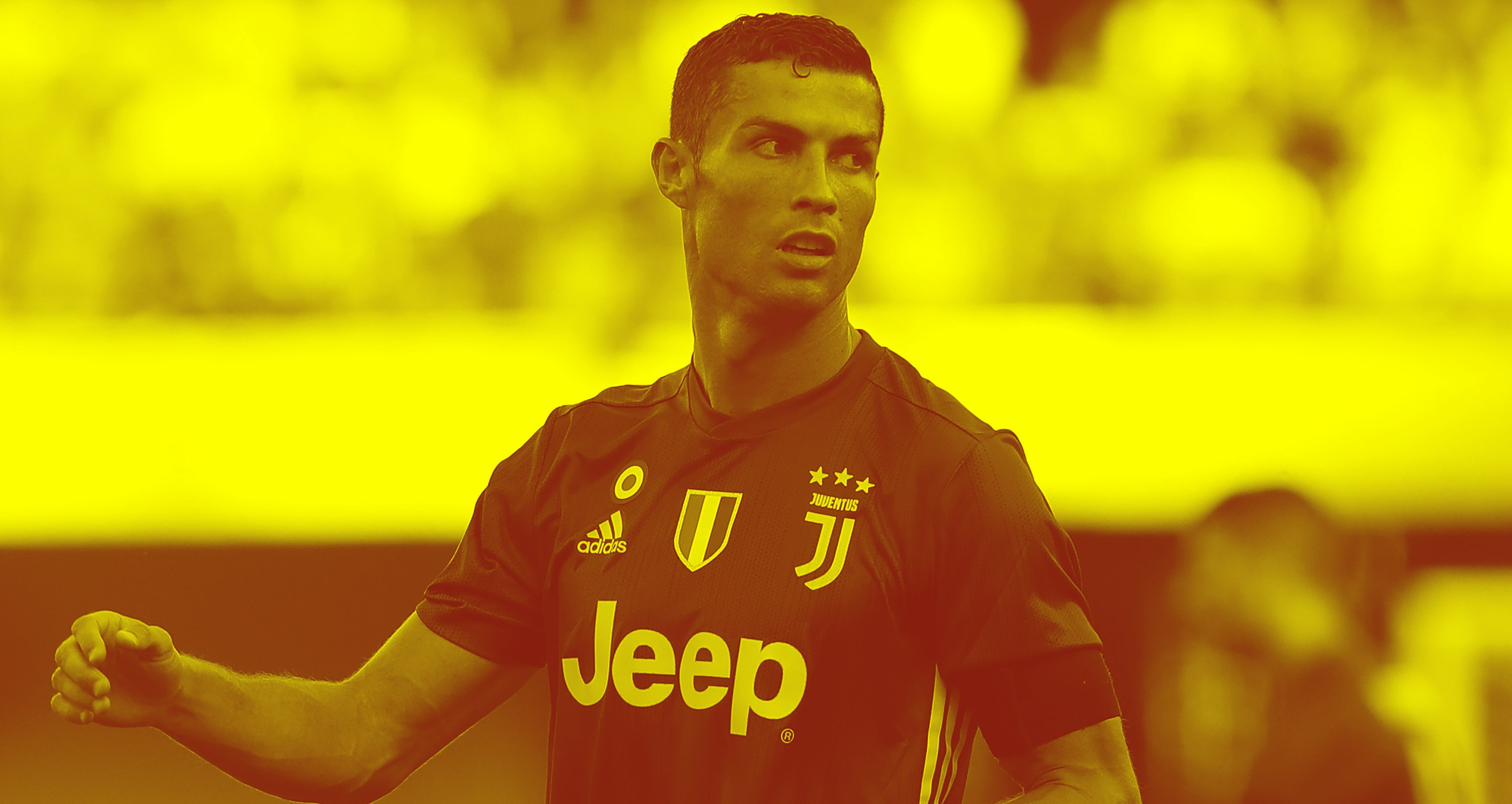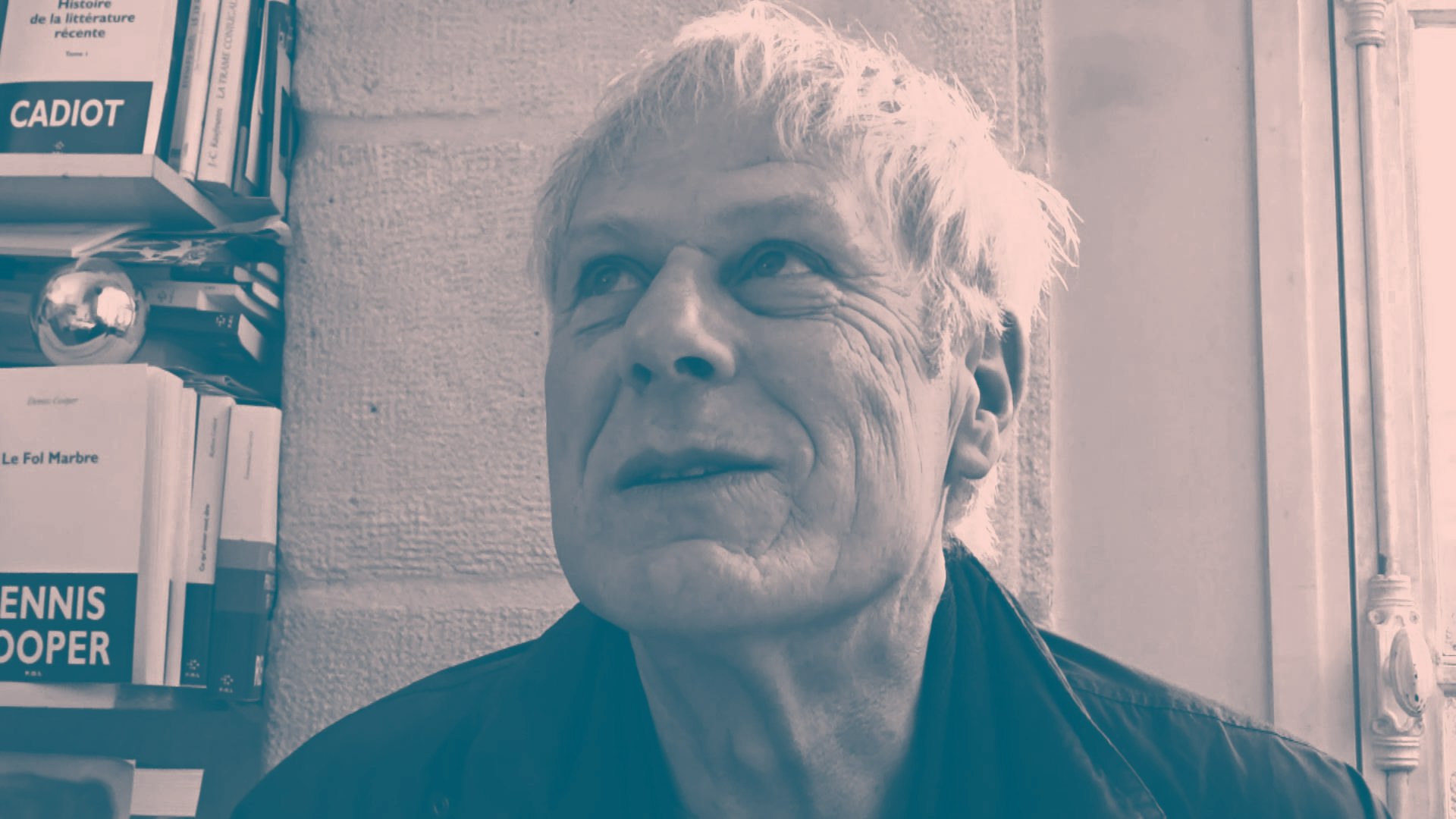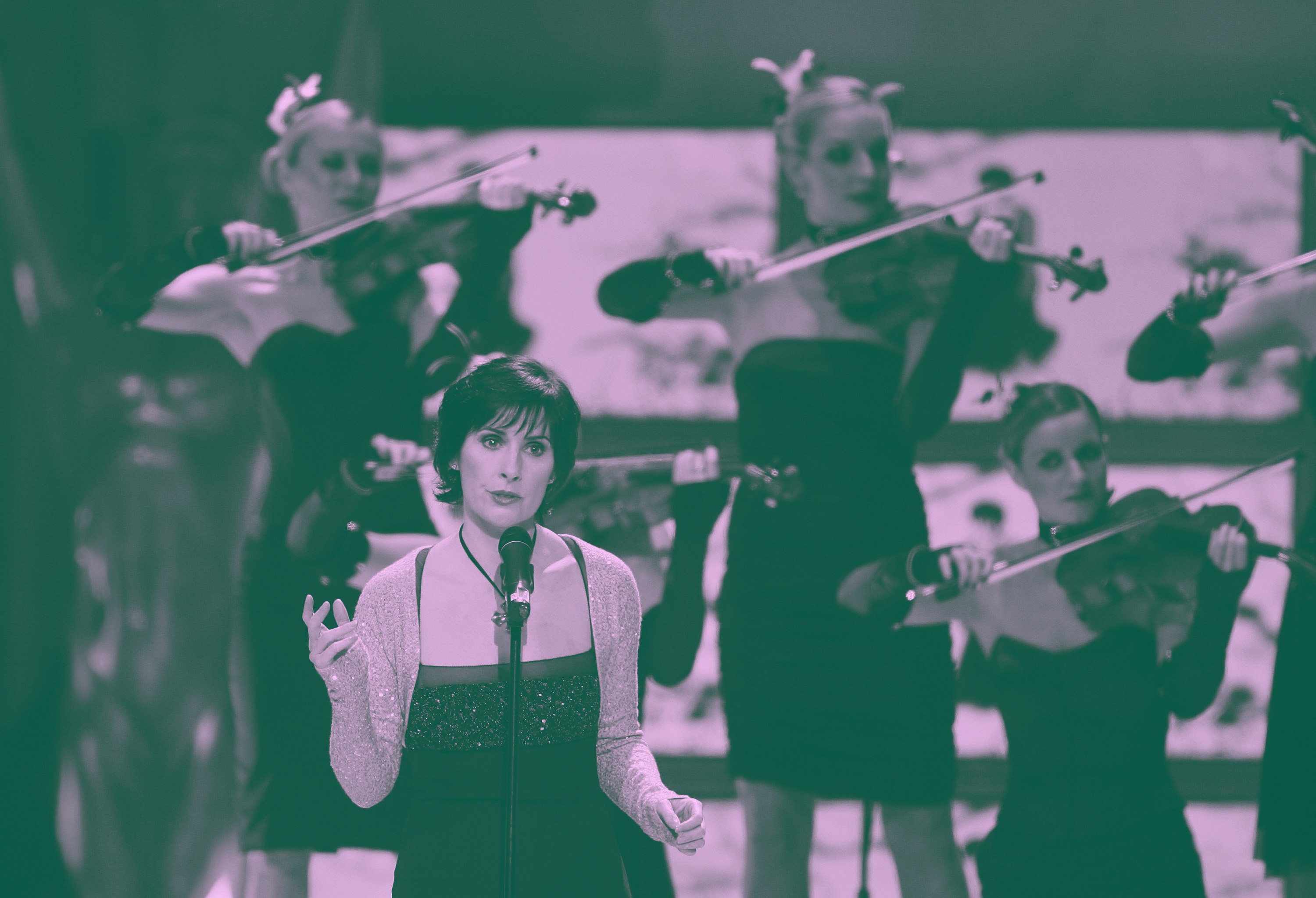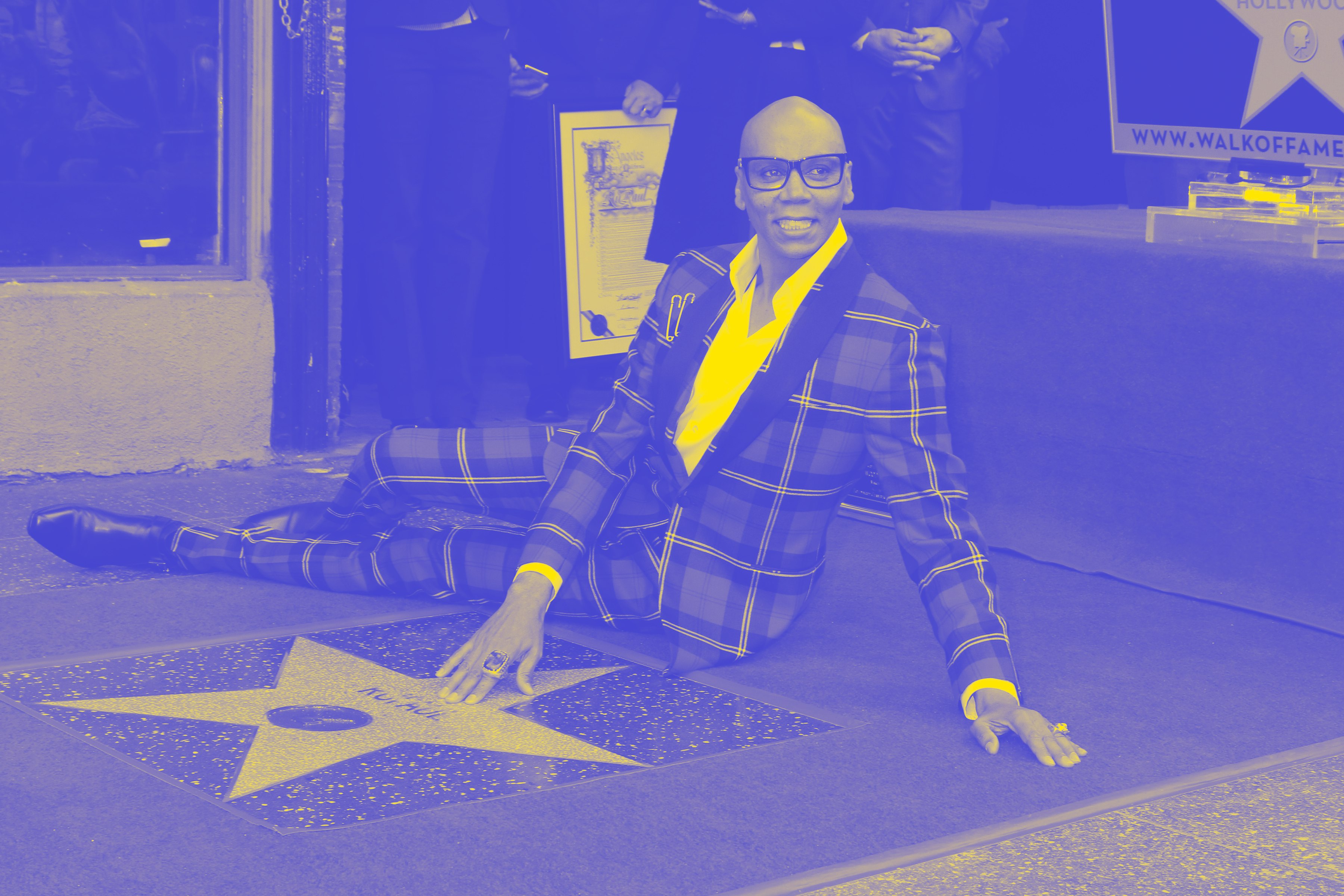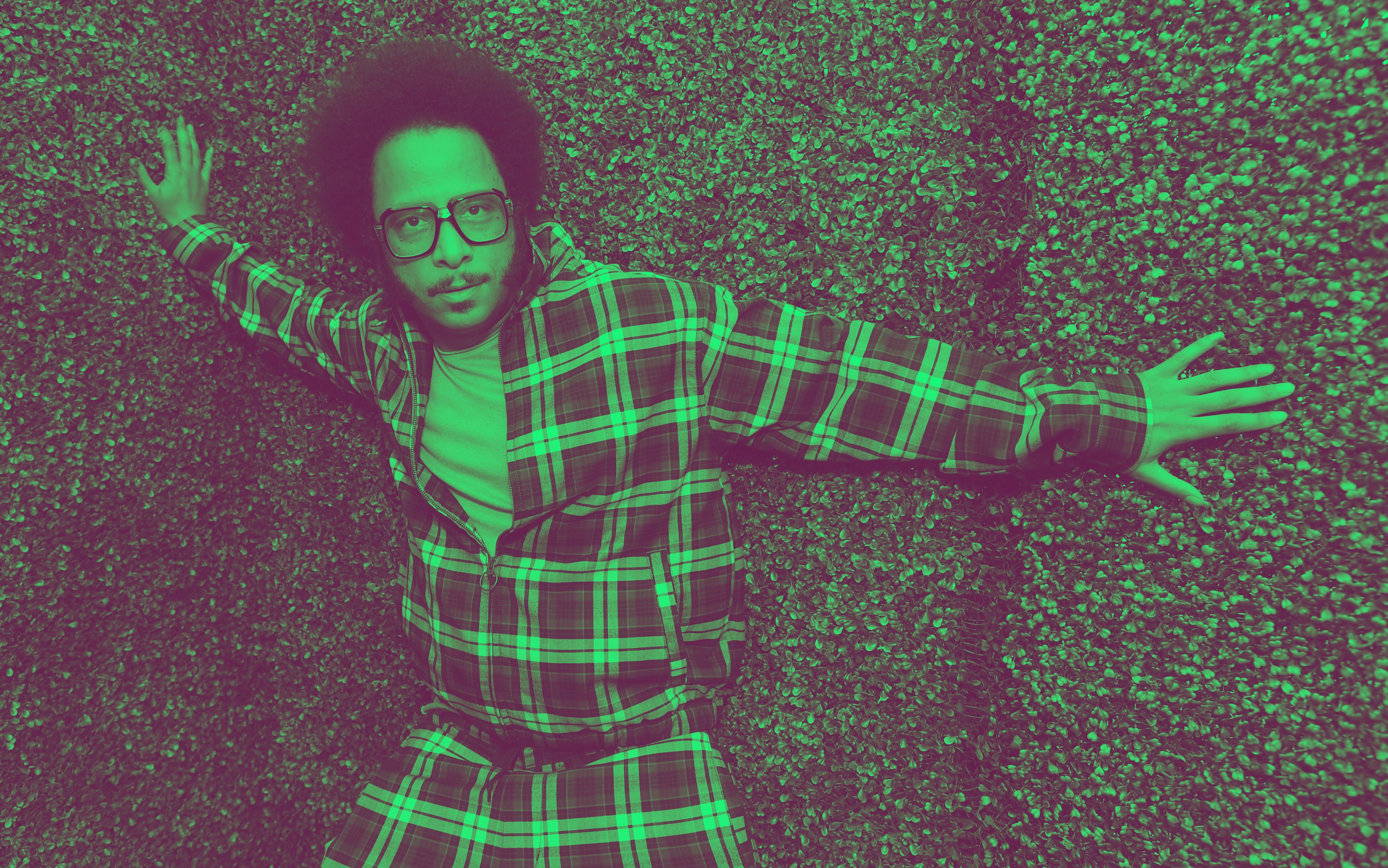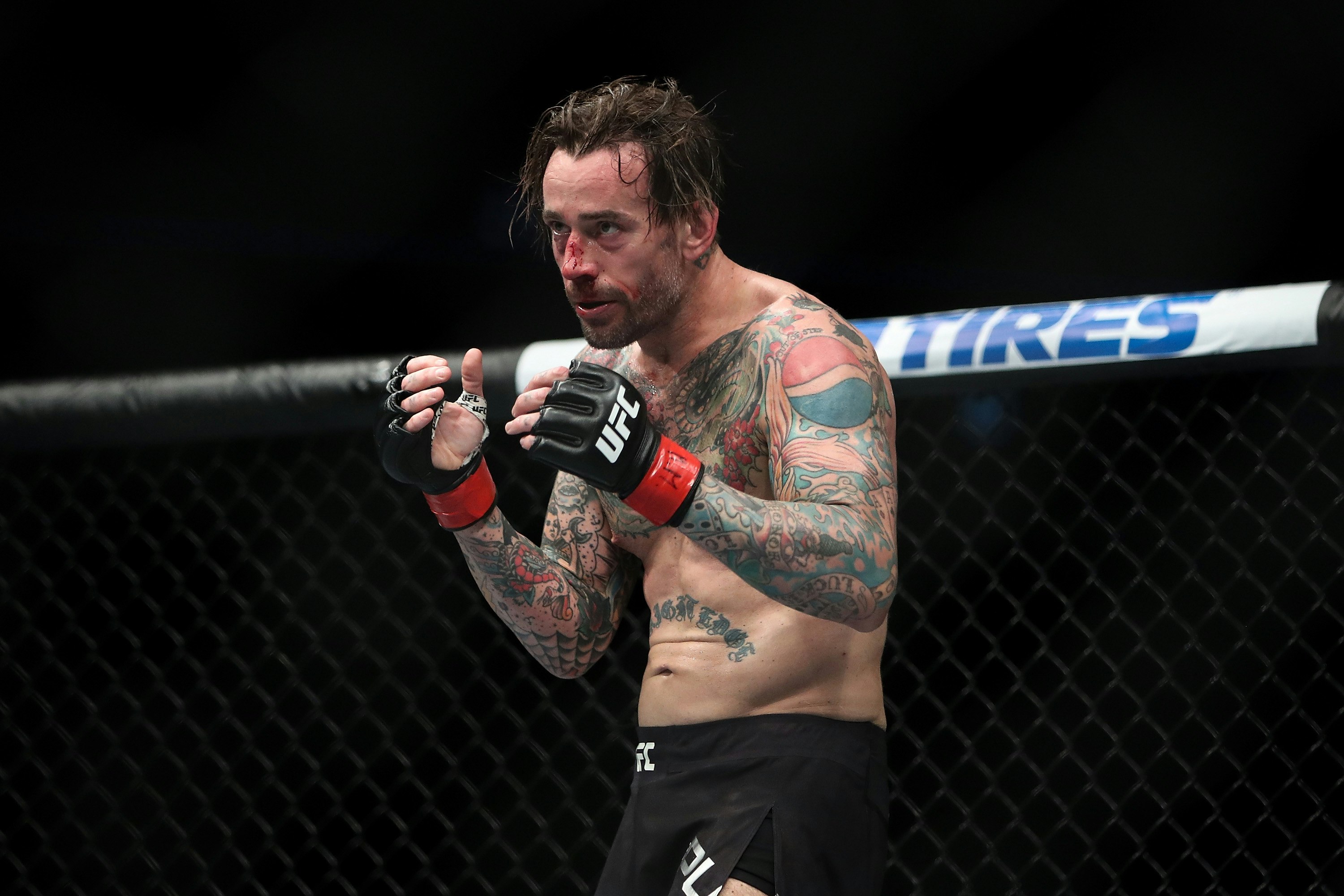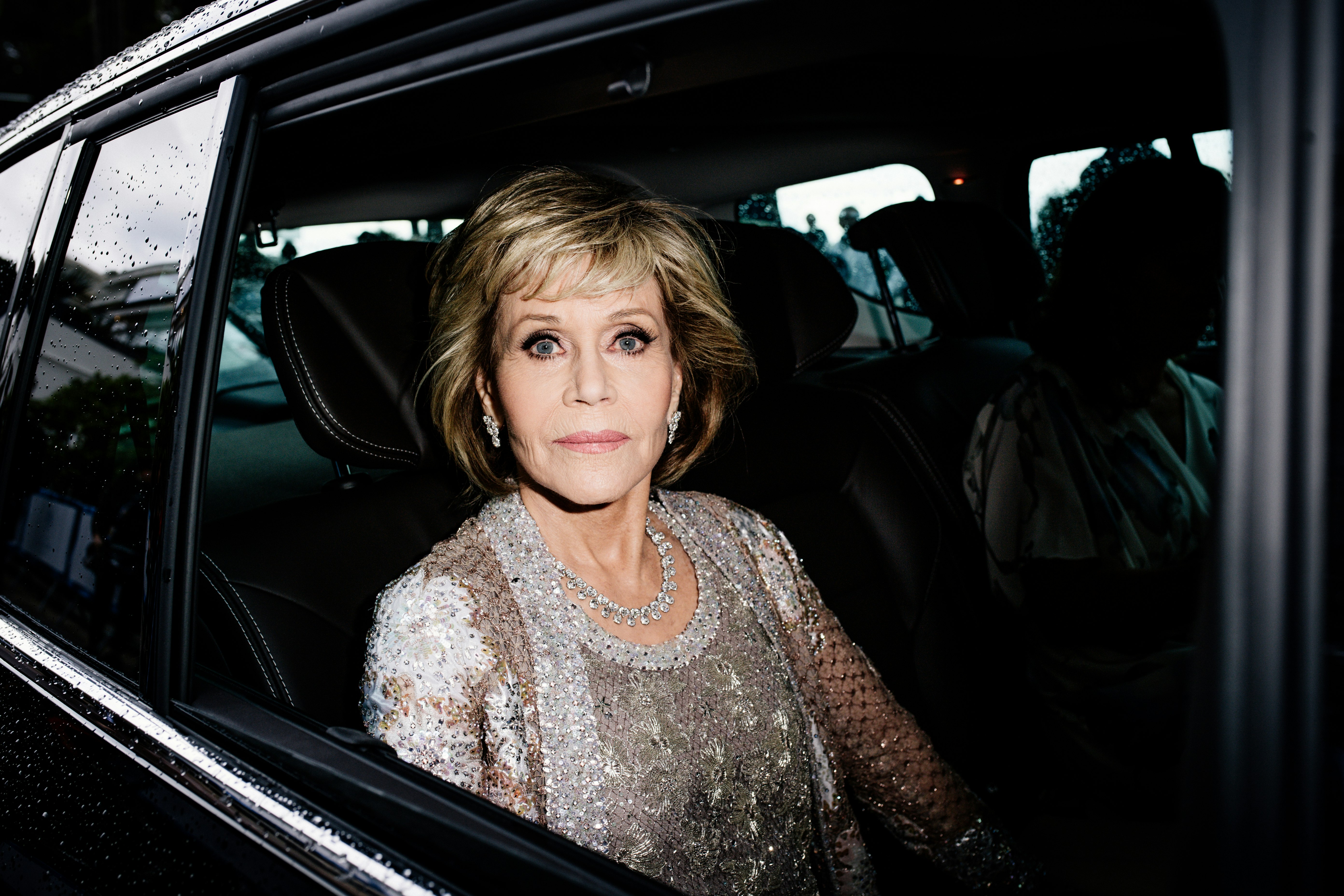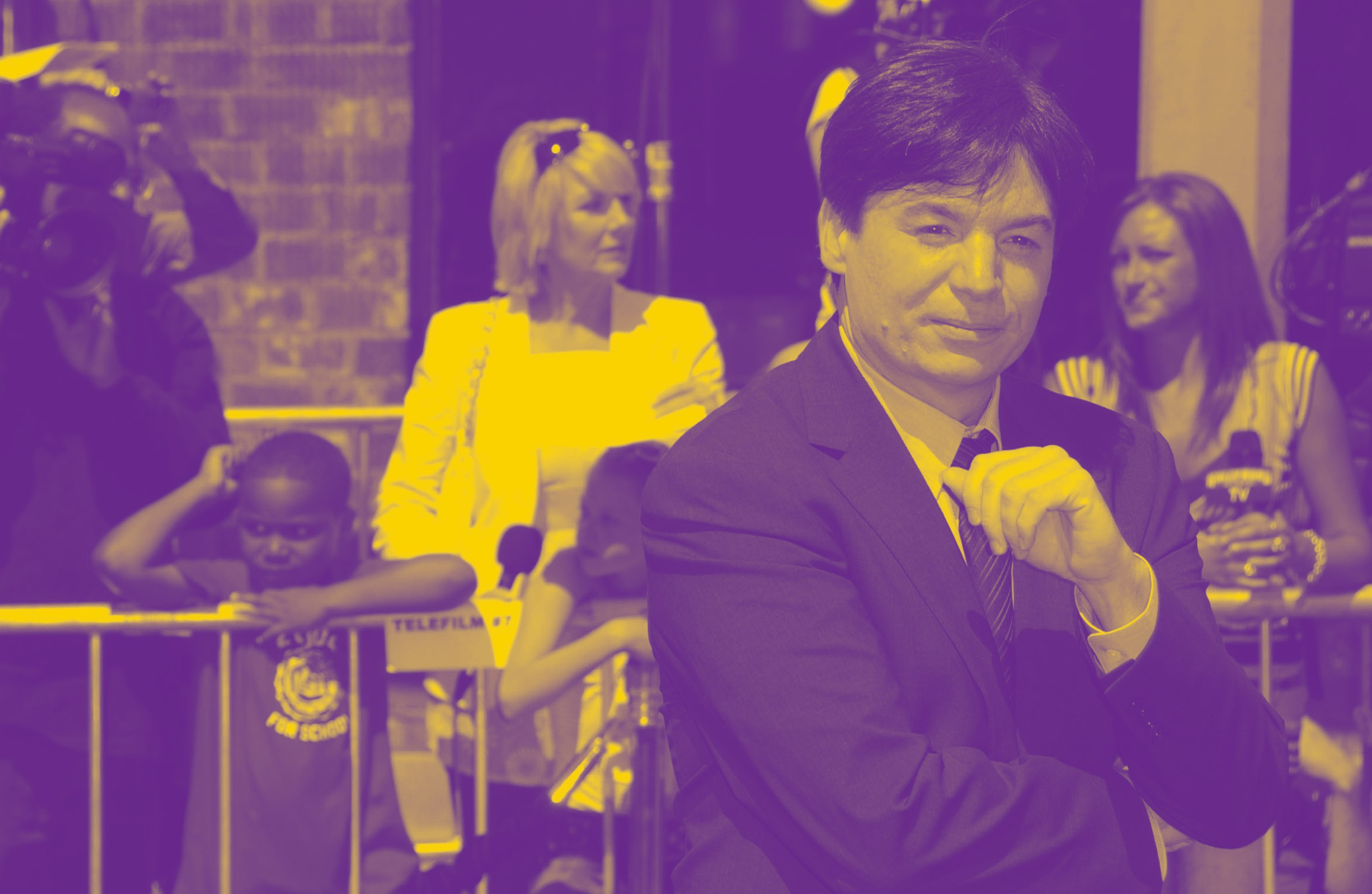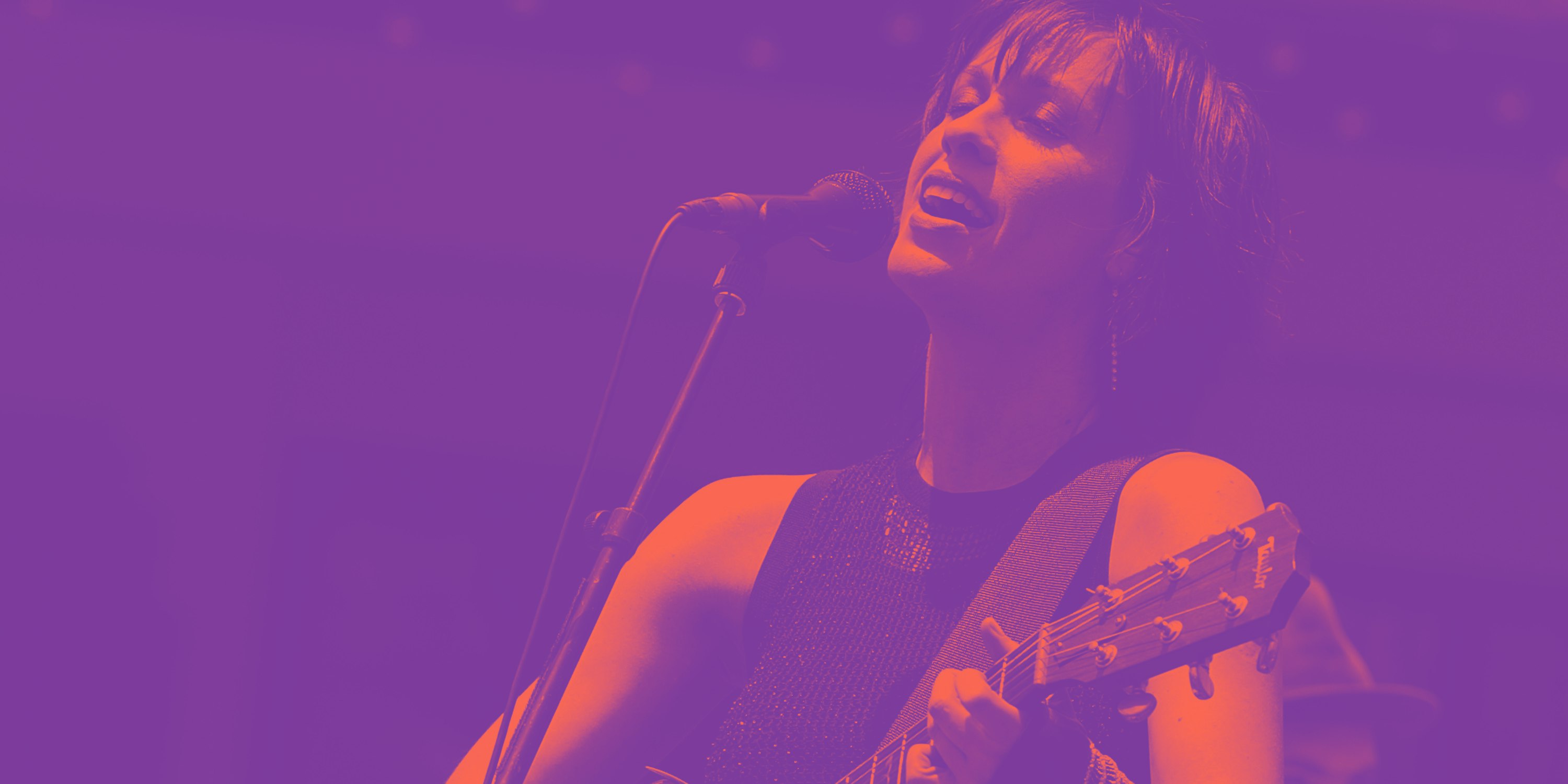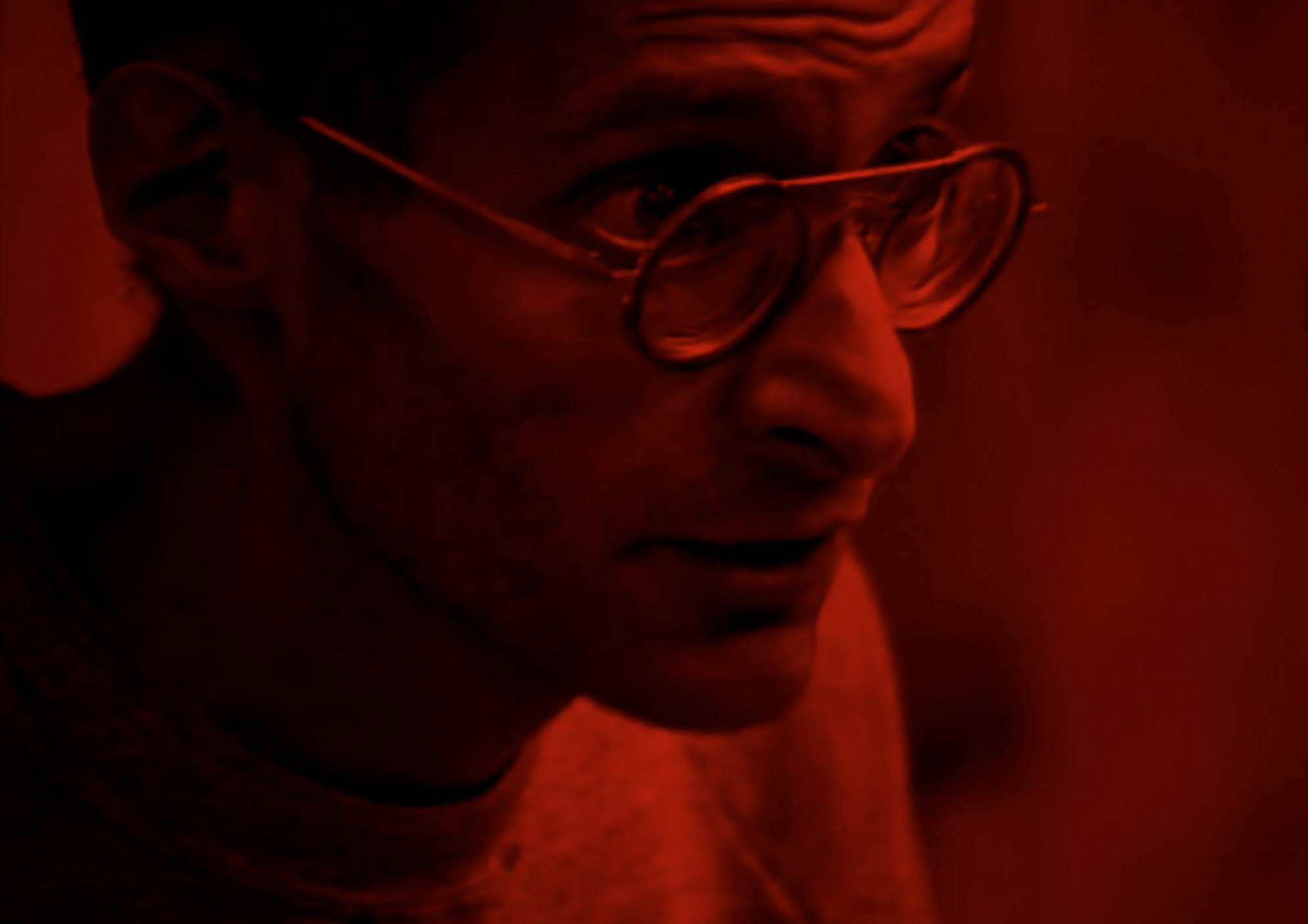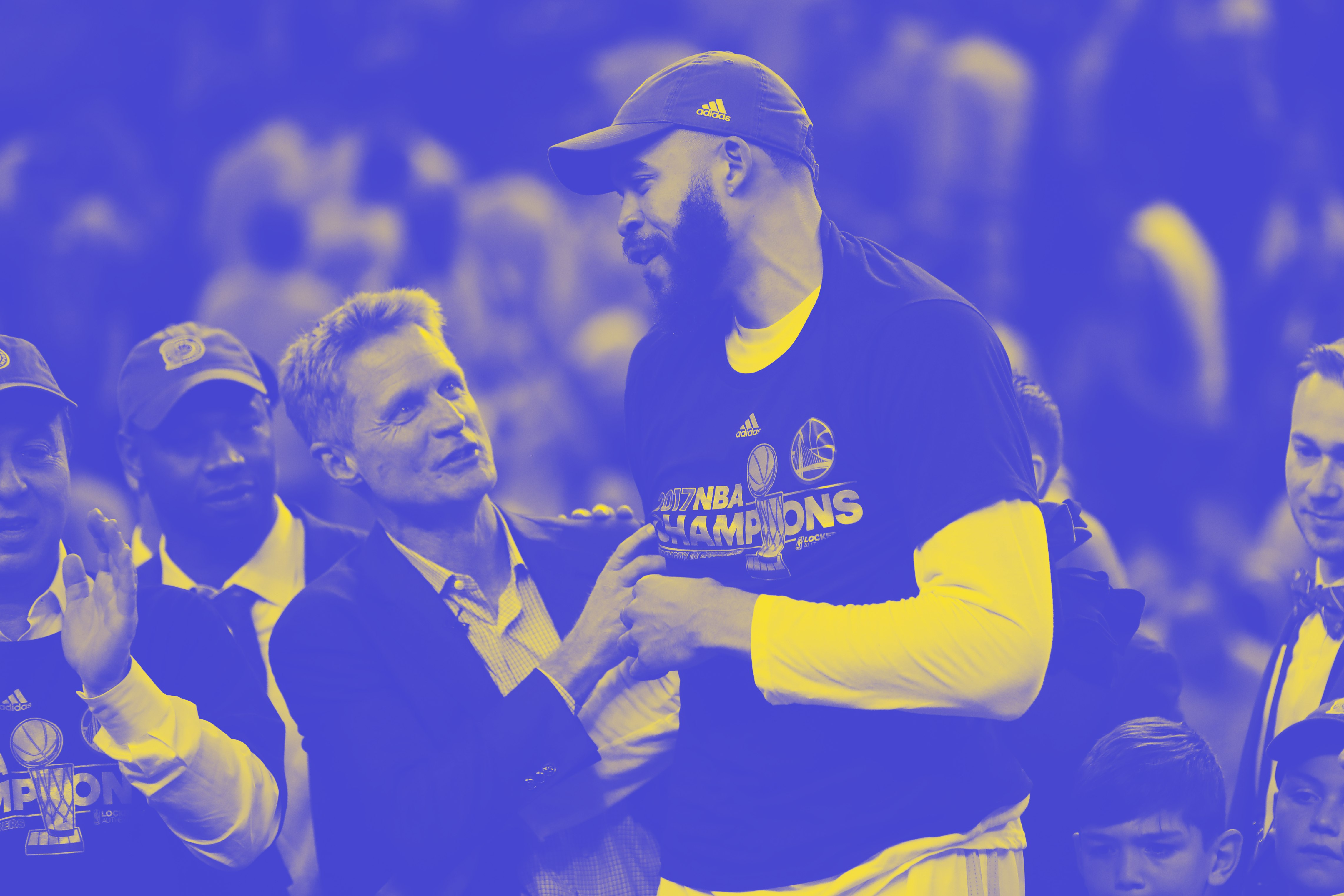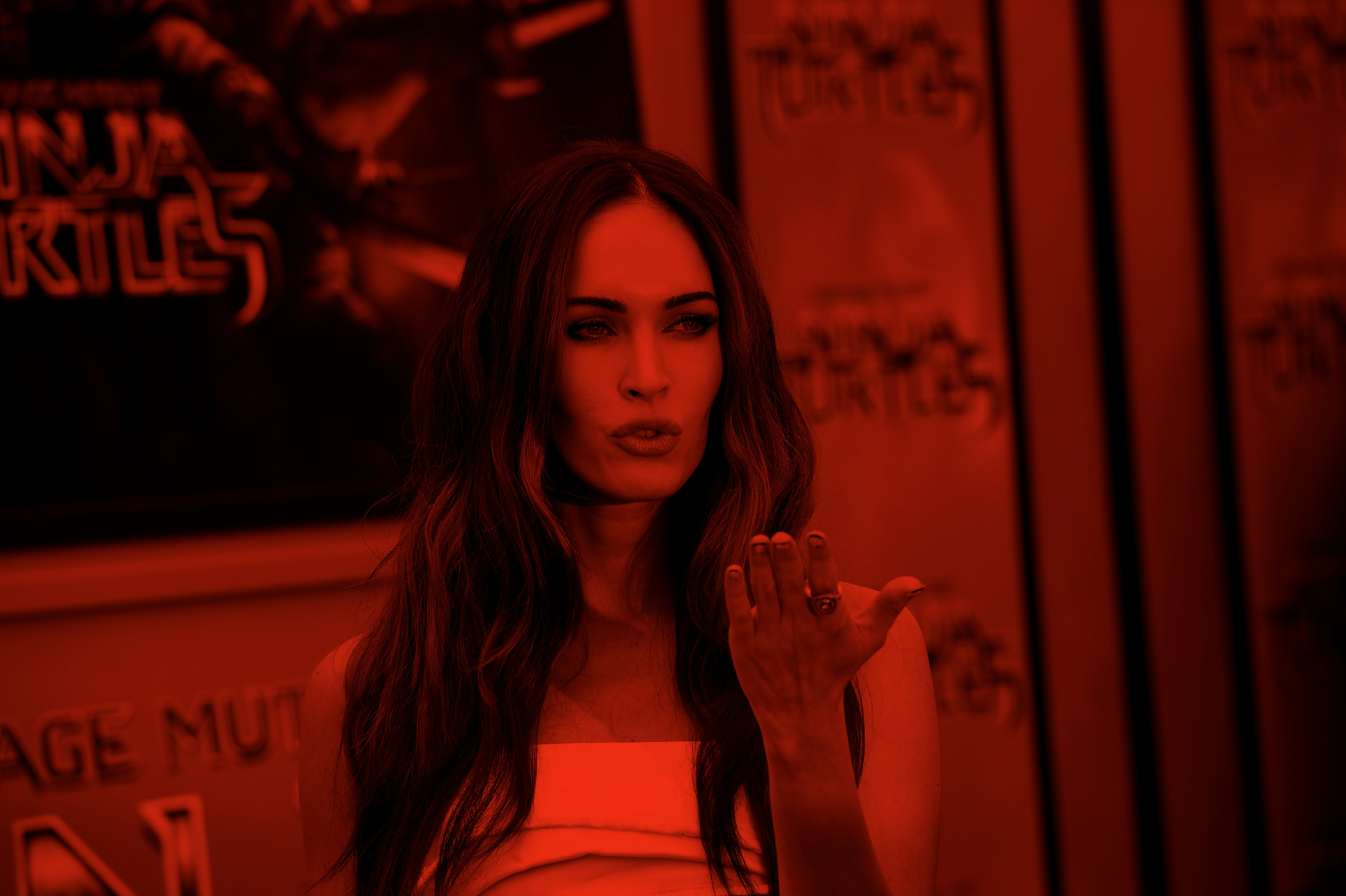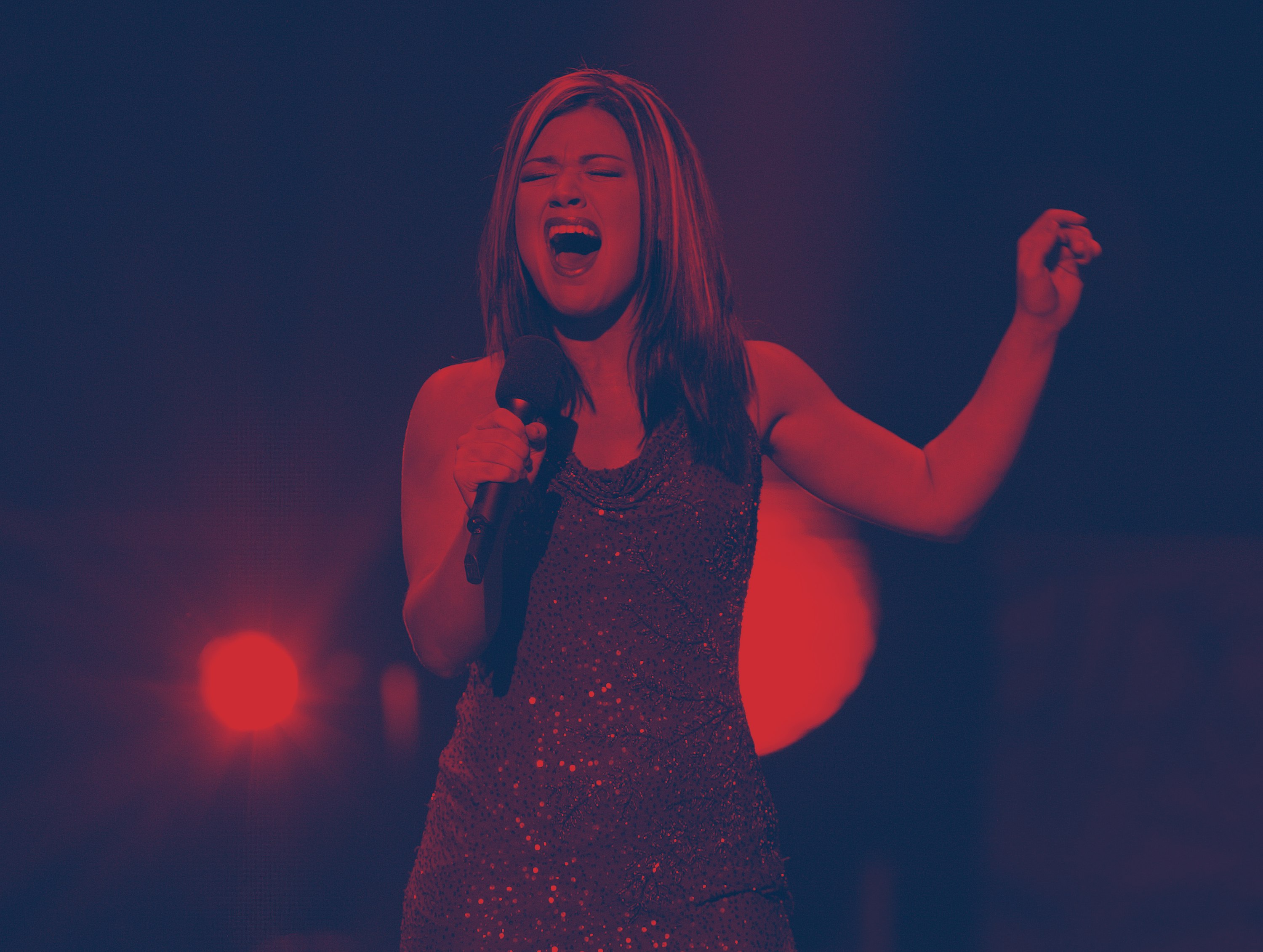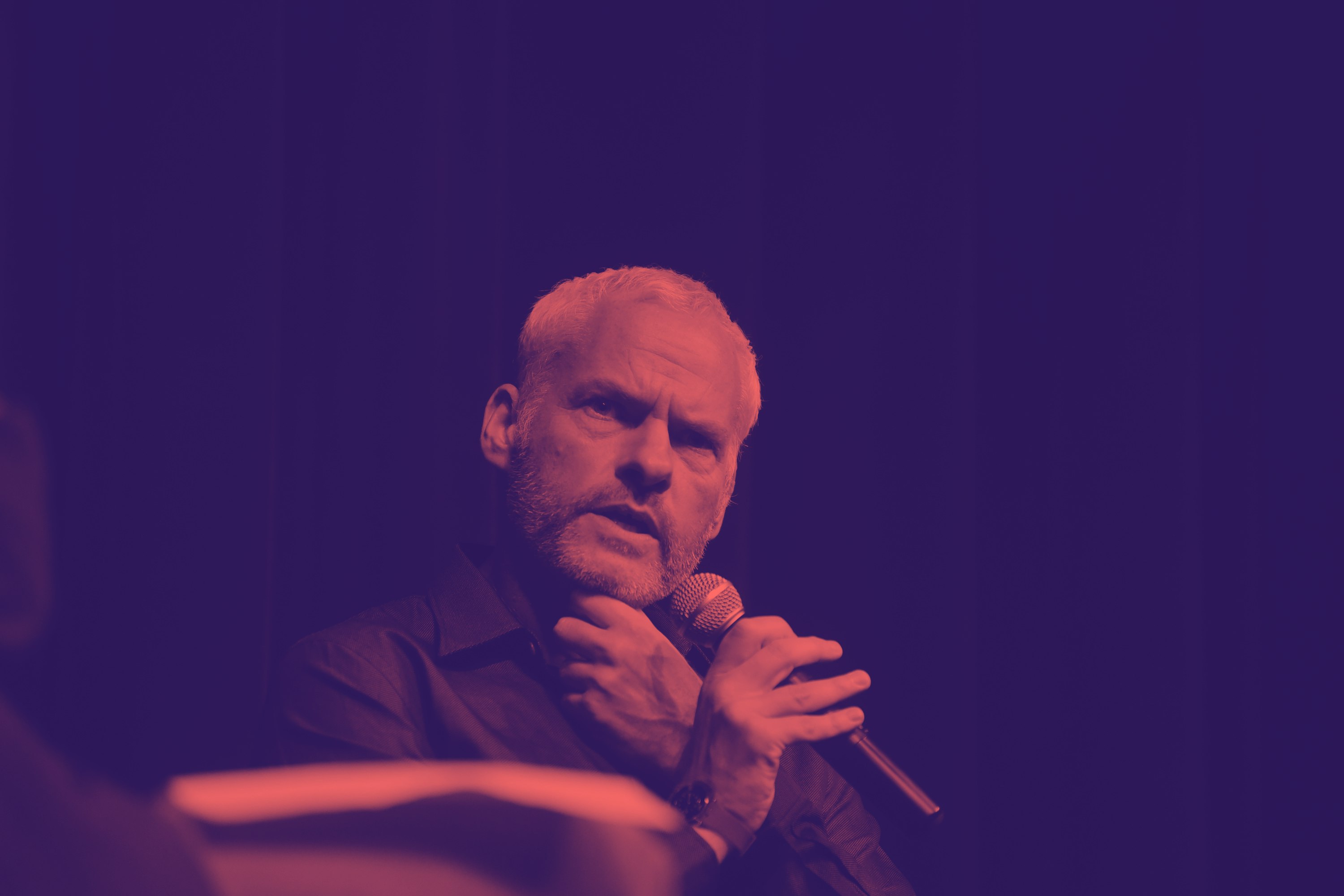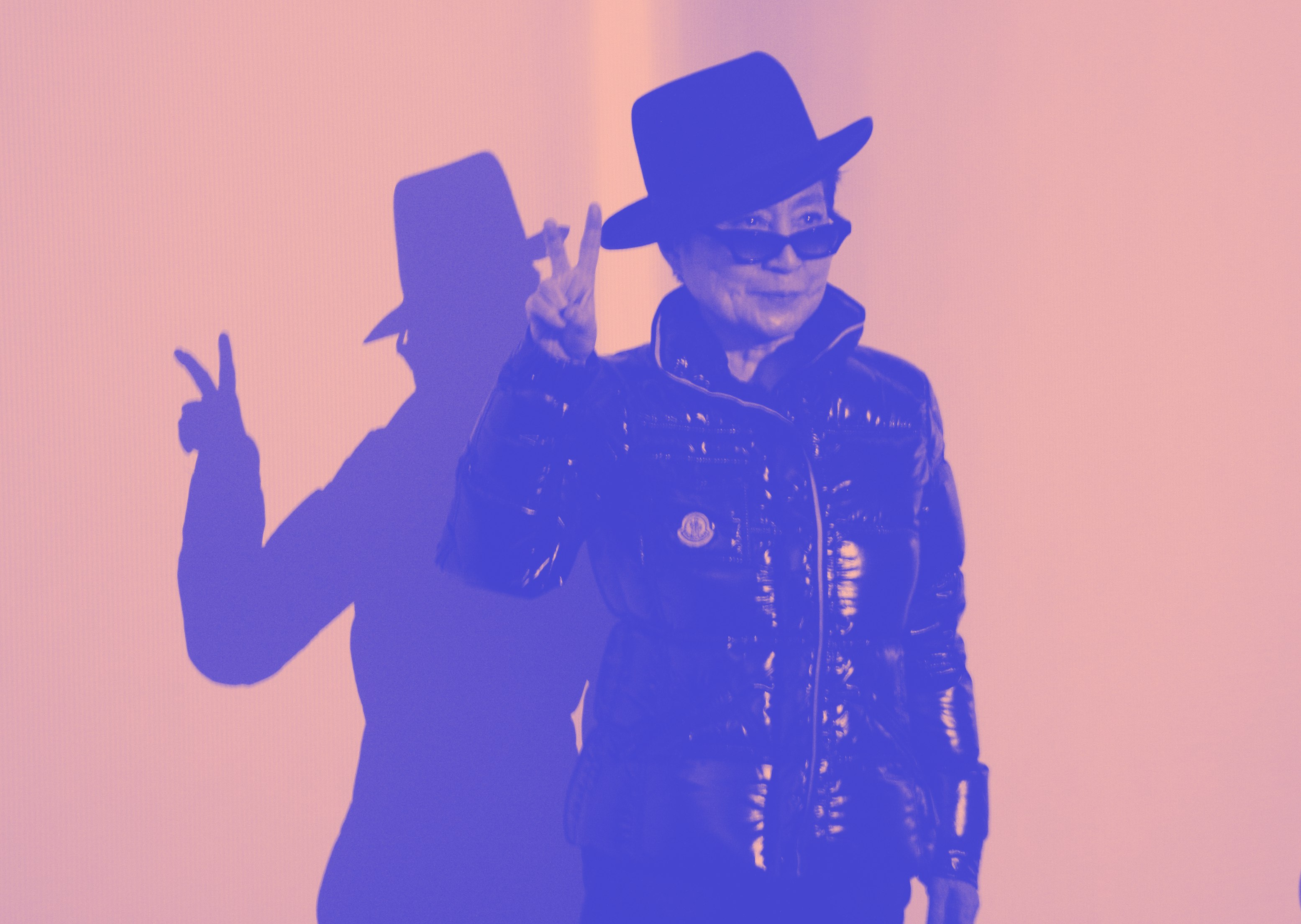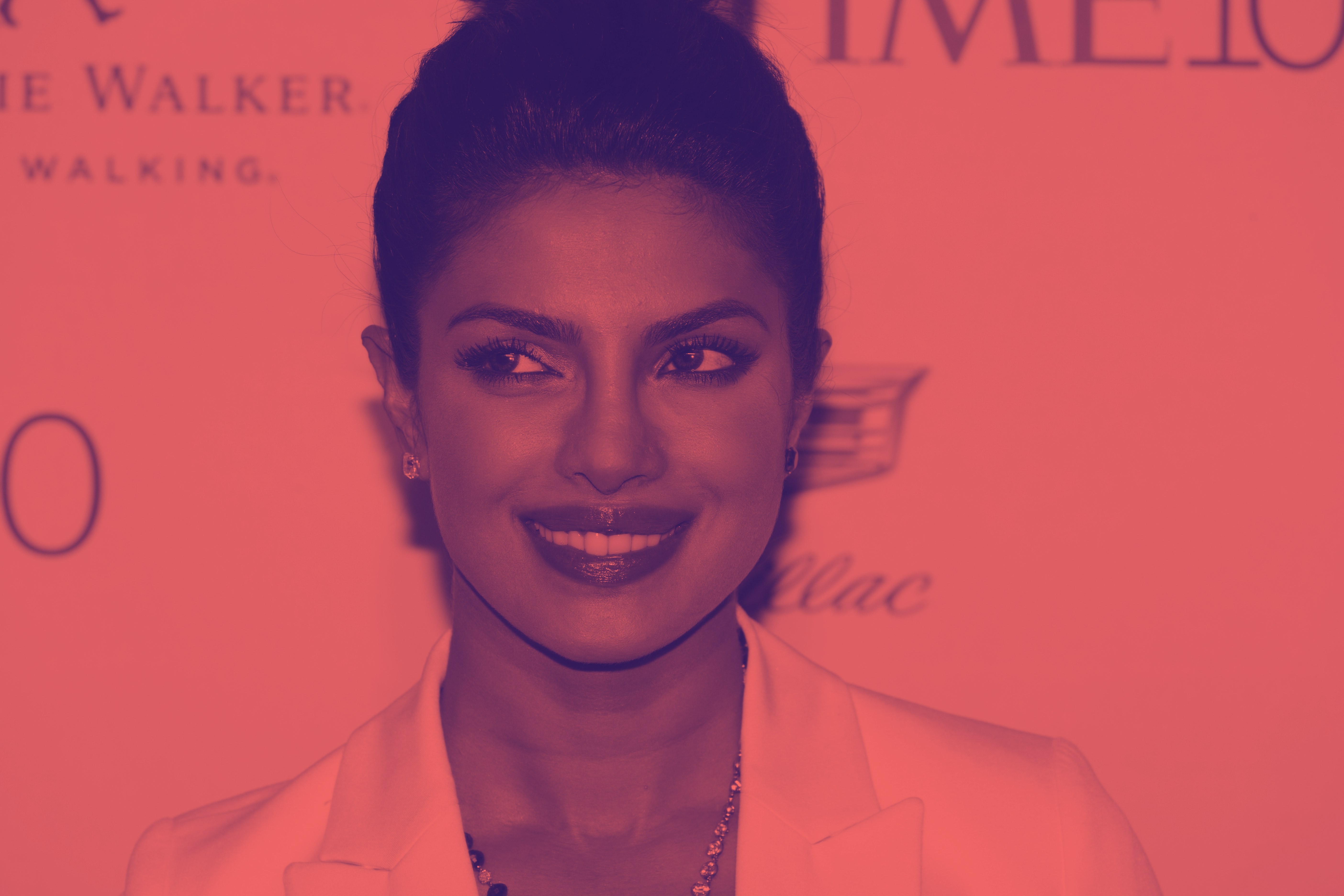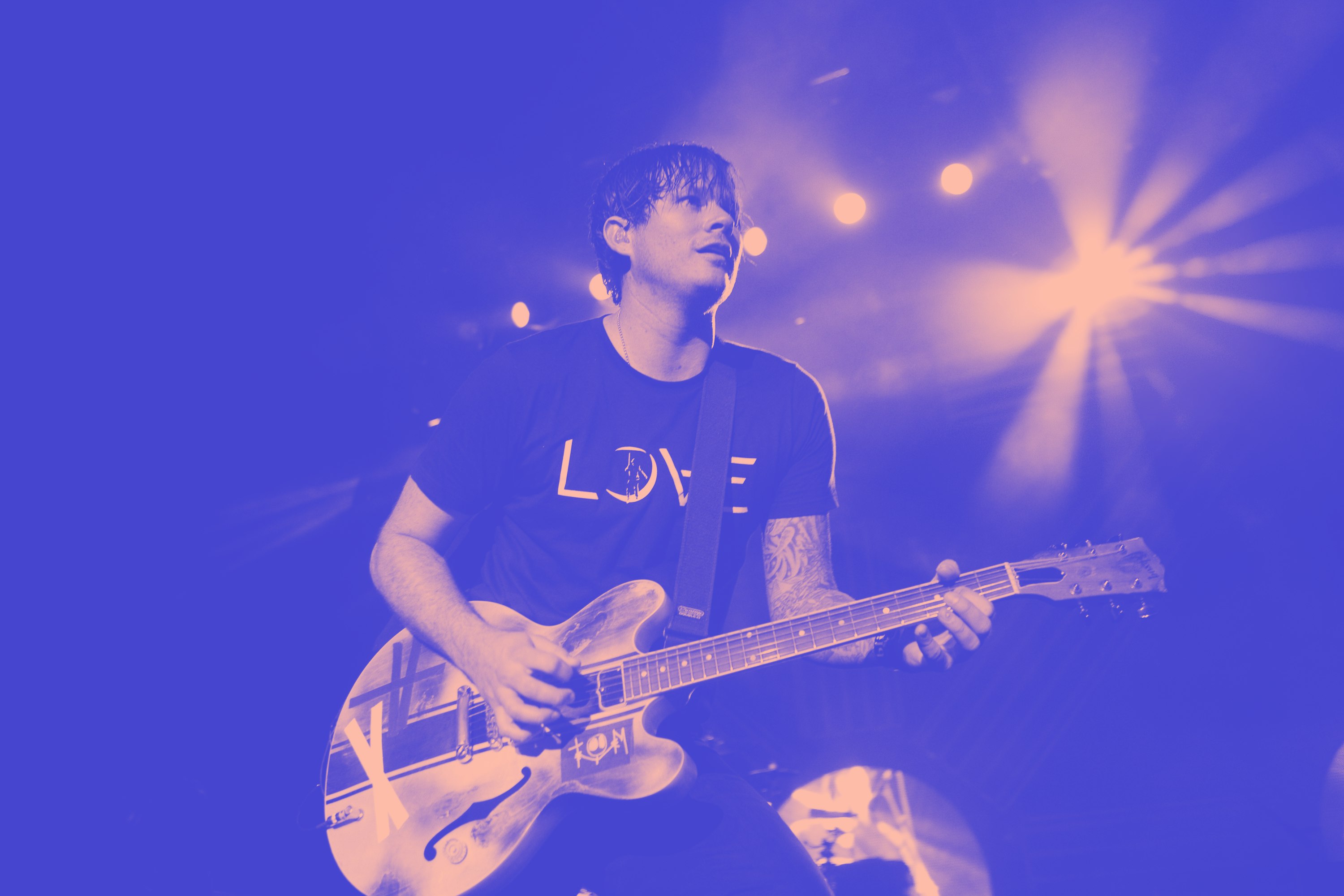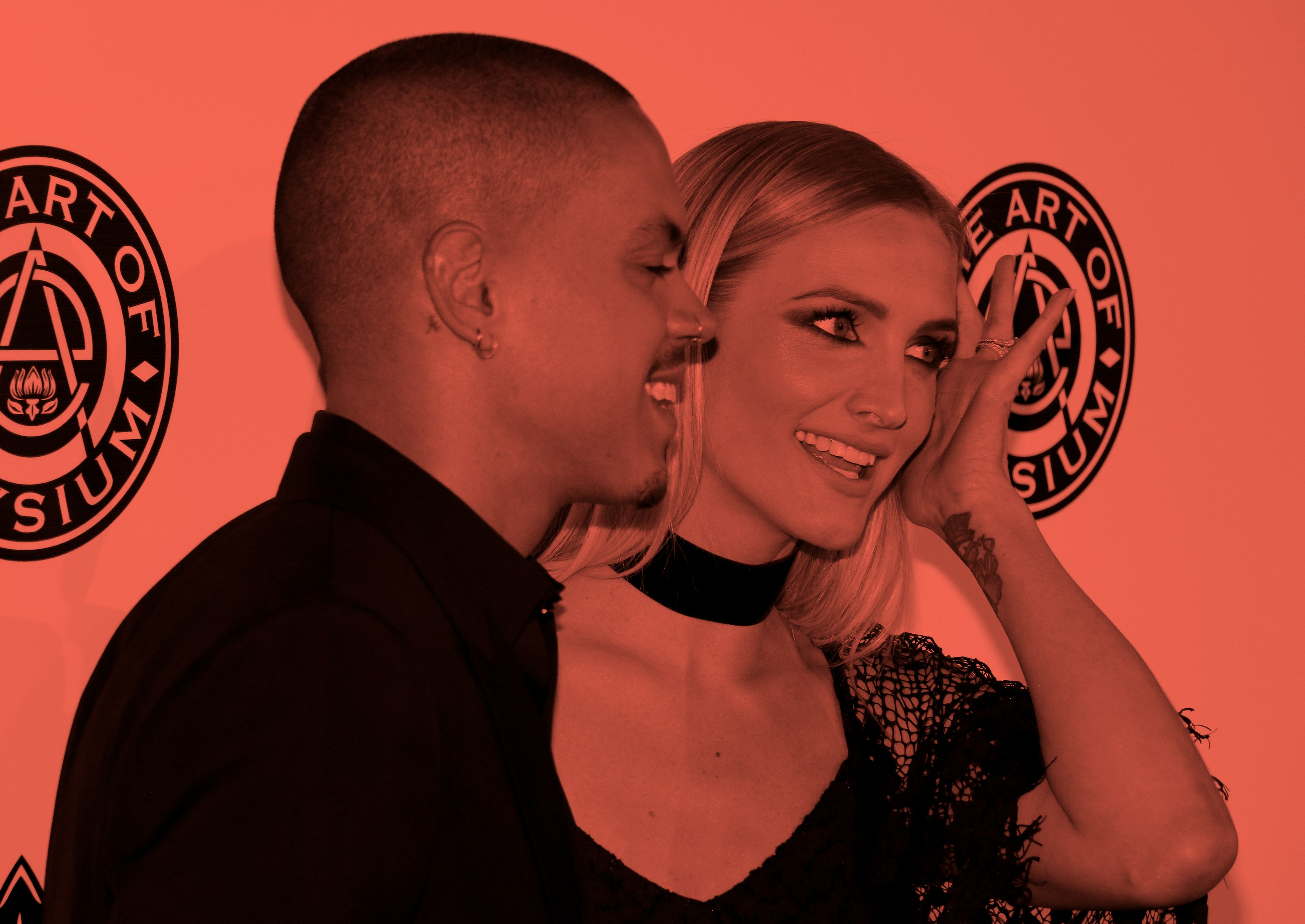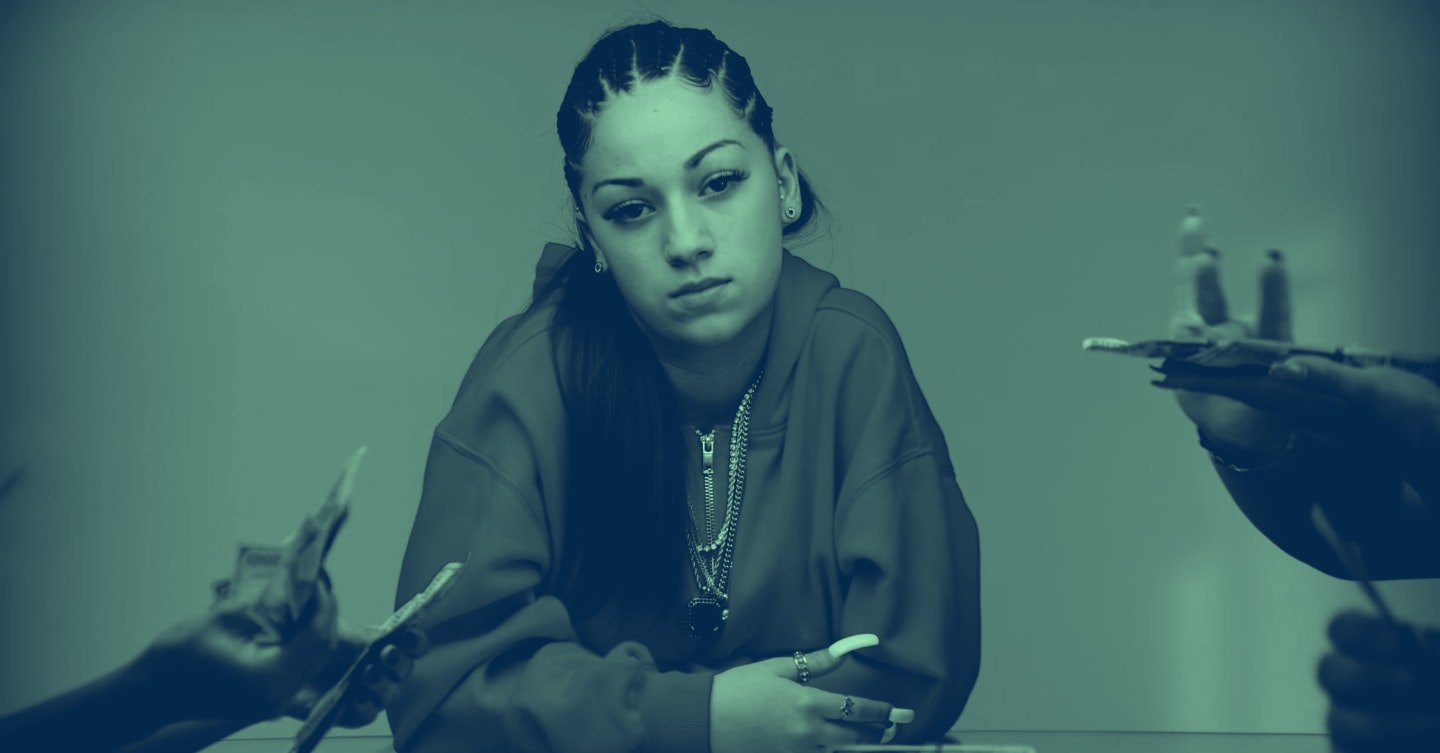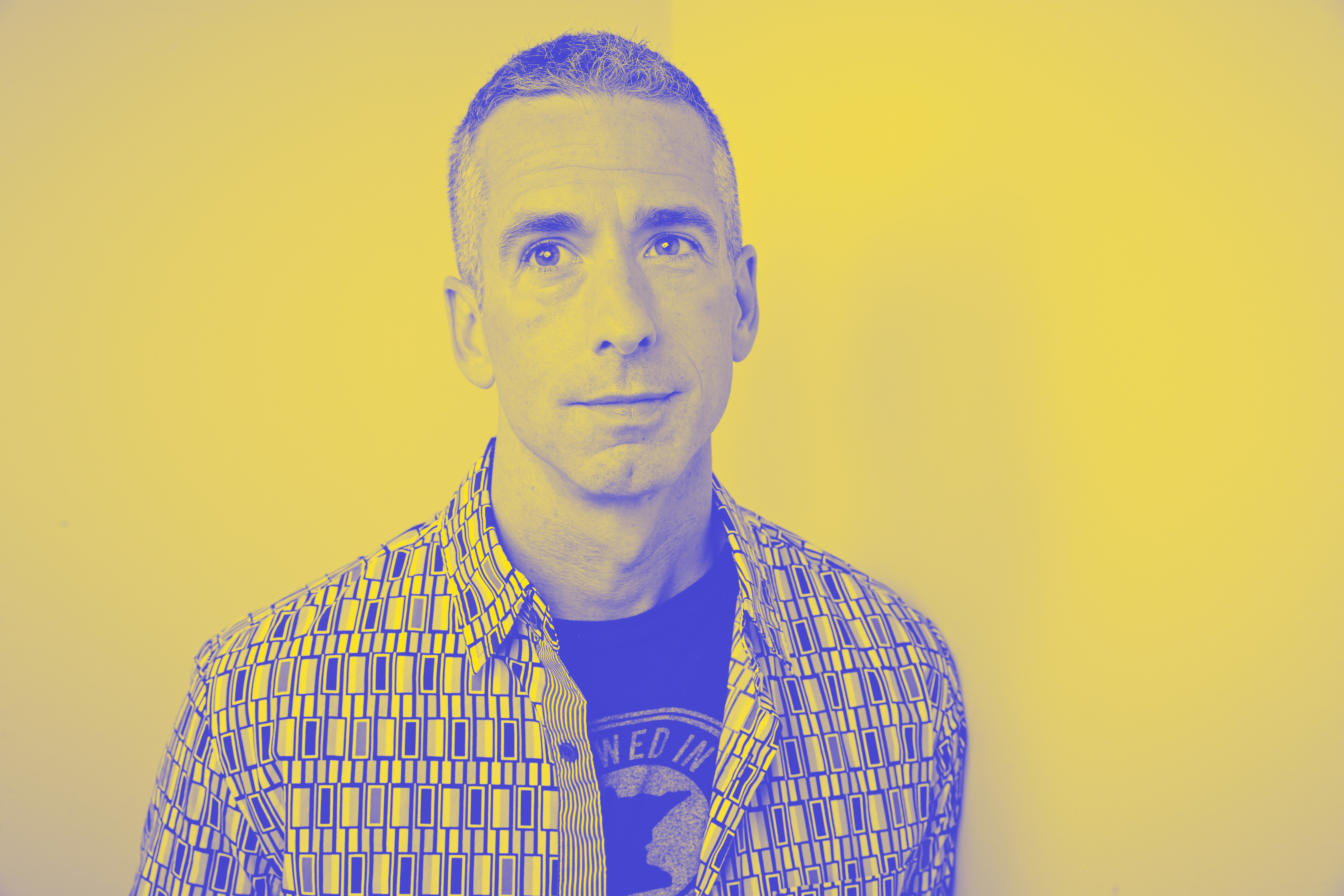Very Intriguing Person
is a series about people who fascinate us, for better or worse.
So much of sports — and basketball in particular — is humiliation. Defeat is deflating and humbling, both in the individual and collective sense, but there are microaggressions within games, designed to break a single person’s will, to make them rethink — even if only briefly — their career choice. A guy steps over a fallen opponent after nailing a step-back jumper. A crossover knocks a guy on his ass, or makes him do a Twister move. A block reestablishes the status of a dominant force. The victim must answer for their failure in front of live mics. The clips are uploaded online for people to mock, adding another layer of awkwardness and shame. (The terminology “to dunk on” has even been co-opted by tweeters for when one user epicly shows up another.) More often than not, foibles become memes. Some sports network talking heads work a segment into their show ranking the latest humiliation against the all-time great humiliations. The next highlight happens. Repeat cycle.
For years, NBA big man JaVale McGee has been at the nexus of this sports spectrum — swinging dramatically back and forth from supremely gifted baller to hopeless goofball, doing the inscrutable one way or the other. McGee is 7 feet tall with a 7’6” wingspan, freaky athletic, and also a bonehead. A career role player, he has averaged 16 points and 10 rebounds per 36 minutes since entering the league, which for non-sports buffs, is very good. And yet, his career has been defined by embarrassment and tomfoolery. McGee is a terror with a basketball, simply because it is impossible to know whether he’s about to brutally own himself or someone else.
McGee is the kind of colorful character that makes the NBA fun to follow: For every fadeaway jump shot that earns memed reaction from Jon Stewart, there’s a moment where he’s pranking teammates with an alligator head on the team plane, or a random thought about celebrity endorsements powering cryptocurrency. He’s as comfortable selling cars at a Kia dealership or working as a barista as he is playing air traffic controller. McGee is an entertainer of the highest order, a baller for the social media age.
“I’m the only person ever with a rat tail and a NBA championship.”
A basketball thoroughbred, McGee is the son of 6’10” one-time NBA draftee George Montgomery and all-around pro ball standout Pamela McGee. JaVale was raised by his mother, an all-world center who won two NCAA championships and an Olympic gold medal in 1984. A consummate winner, she never lost a game in high school and won titles in Spain, Brazil, Italy, and Taiwan, raising JaVale and his half sister, Imani, on the road as an international phenom by necessity — the WNBA didn’t exist yet, so all of the best professional prospects were overseas.
His size and pedigree notwithstanding, McGee wasn’t heavily recruited coming out of high school, and he was drafted late in the first round by the Washington Wizards in 2008. He quickly made an impression as a fun-loving oaf and was deemed a “reclamation project” and a fool for his antics. The JaVale McGee experience in a nutshell: In 2011, two points away from a triple-double against the Chicago Bulls, he went to “embarrassing means” chasing the last bucket he needed. After missing a free throw that would’ve given him 10 points, 12 rebounds, and 12 blocks, he spent the last two minutes of the game in pursuit of a meaningless statline, taking all manner of ill-advised circus shots in garbage time.
With 18 seconds left in the game, the Herculean dope got lucky when a loose ball rolled to him in a scramble, and he ripped down a thunderous two-handed jam to achieve his solo feat, earning a technical foul for excessive celebration in the process. McGee got what he’d so desperately and embarrassingly pursed, but it was a pyrrhic victory; his team suffered a blowout loss. Andrew Sharp at SB Nation labeled it “the most pathetic triple-double in NBA history.” It was the first and last of his career.
The after-game show Inside the NBA on TNT—which stars former pro players Charles Barkley, Kenny Smith, Shaquille O’Neal, and host Ernie Johnson—has a segment called “Shaqtin’ a Fool” where Shaq runs through a blooper reel from the week of NBA games. A compilation of all McGee’s appearances on the show is nearly 10 minutes long; he was “Shaqtin’ a Fool MVP” its first two seasons. Eventually, his reputation began to precede him; he was still getting teased on the show for the ordinary things that happen during the course of every game: missing a dunk or lay-up, turning the ball over. McGee was finally fed up, and the resulting feud could only be quashed by the two centers’ moms.
It can be hard to reconcile the McGee that once dunked three basketballs at once with the one who is constantly, clumsily falling all over himself, so he developed a mustachioed alter ego named Pierre in an effort to explain his strange duality. Sometimes he raps under the name. He’s freestyled on Sway in the Morning, teased an album with partner-in-crime Nick Young, and even backed Young’s faux diss of teammate Draymond Green. He wants to produce beats for Kevin Durant, who he says raps like Nas. Though his raps leave something to be desired, McGee is as endlessly quotable when he speaks as he is eye-catching in action.
During McGee’s time in Denver with the Nuggets, the team came to know him as “The Great Adventure.” For his profile on the center, writer Benjamin Hochman sent YouTube clips of McGee to Duncan Wall, author of the book The Ordinary Acrobat: A Journey into the Wondrous World of the Circus, Past and Present. “In a clownish sense, [McGee] doesn’t seem to have complete control of himself,” he said. “Every once in a while he (tries) something completely beyond him, perhaps something you shouldn’t do if you’re above 5-foot-10, and he’d fail miserably — and it’s just comedic.” This was a professional athlete being graded as a clown, in earnest, by a man who works as creative director for a circus non-profit. The subtext wasn’t subtle.
After years of expendability, being traded twice and waived twice in five seasons, playing for the Wizards, the Nuggets, the Philadelphia 76ers, and the Dallas Mavericks, McGee signed with the Golden State Warriors in 2016. The Warriors, like McGee, were on a redemption tour after losing to the Cleveland Cavaliers in the NBA Finals as an overwhelming favorite. When asked what he expected out of McGee, and why he’d given his last roster spot to a problem case, head coach Steve Kerr replied, “I think he has the potential to help us. We’ll see how it all goes.”
But surprisingly, he morphed from an oft-maligned blockhead in a one-man sitcom to a key rotation player for a championship-caliber team. In June, the Warriors went 16-1 in the playoffs, on their way to a redeeming title win, for the team and for McGee. The NBA jester had had the last laugh. “I’m the only person ever with a rat tail and a NBA championship. Let that sink in!” he tweeted an hour after the Golden State Warriors won their second title in three years, leaving unclear which part of that equation was more important.
McGee seemed poised to land his own wing in the NBA’s hall of shame as one its most infamous simpletons — and then, suddenly, he’d subverted that path entirely. He simply didn’t have the bandwidth necessary to process commands he was unwilling to hear. He was something like an uber-millennial, who could never quite thrive when asked to be somebody he wasn’t, or perform up to the expectations of others and to their qualifications. It took being a part of something great to bring greatness out of him. For fans, it was thrilling to witness McGee shed all of the world’s preconceived notions, and finally harness his talent into something special. He’ll always have to carry the baggage from his stint as league clown, but now it won’t define him. It can’t.
What’s most amazing about McGee’s comeback story is that he was never really forced to compromise. “I’ve been the same goofy guy I’ve been this whole time,” he told The Washington Post last February. “It’s just, I’m around people that didn’t try to change me. They knew who I am and realized, underlying me laughing all the time, I’m actually working hard.” It’s an energizing notion: Someone so naturally gifted failing for so long that he becomes a running joke having his entire narrative rewritten in a single season, just by finding a place where he can be himself without reproach. His trajectory suggests that even a goofball, in the right situation, can become a champion. In a sport of singular stars, McGee is the most idiosyncratic. He failed up.
